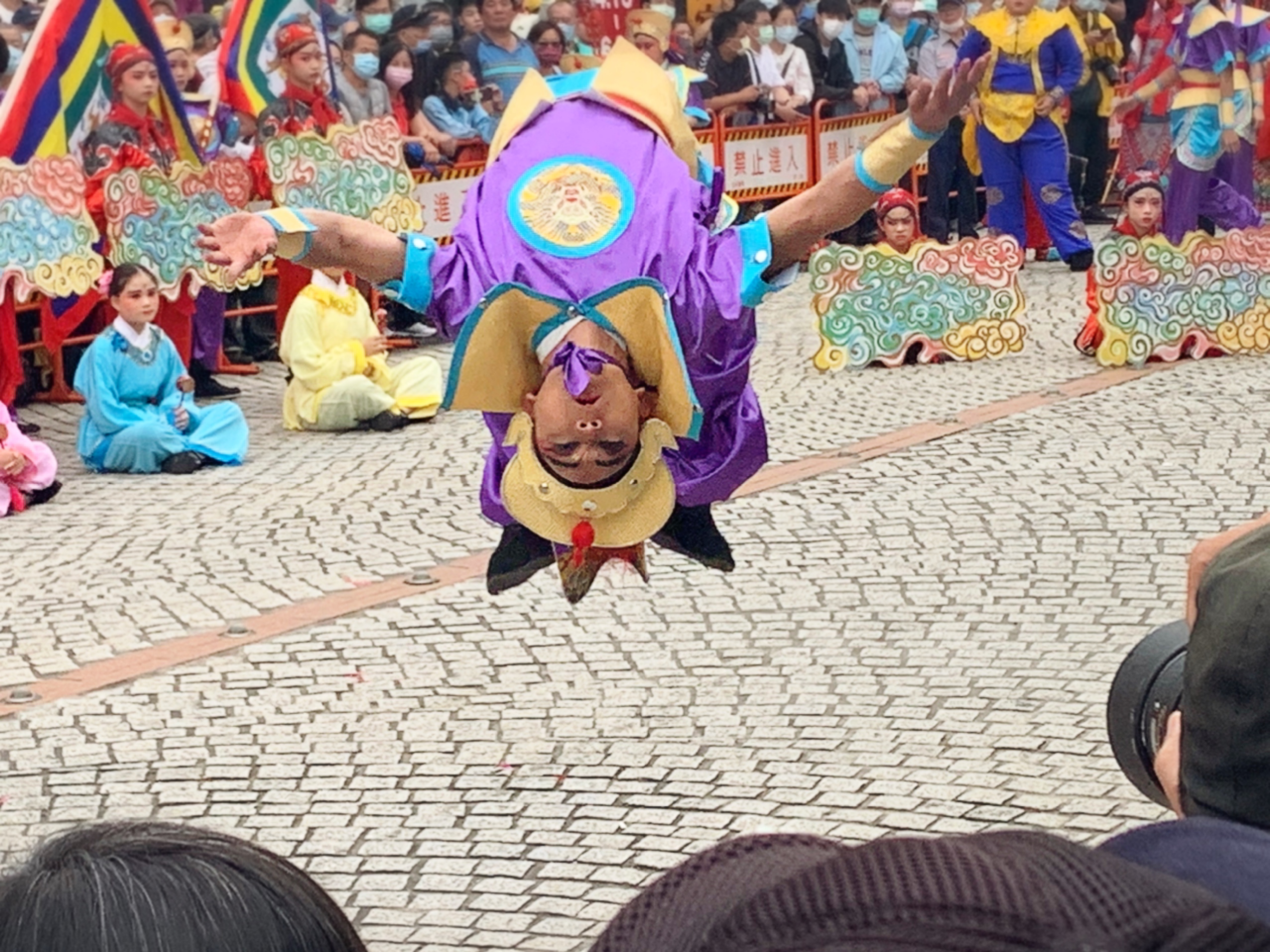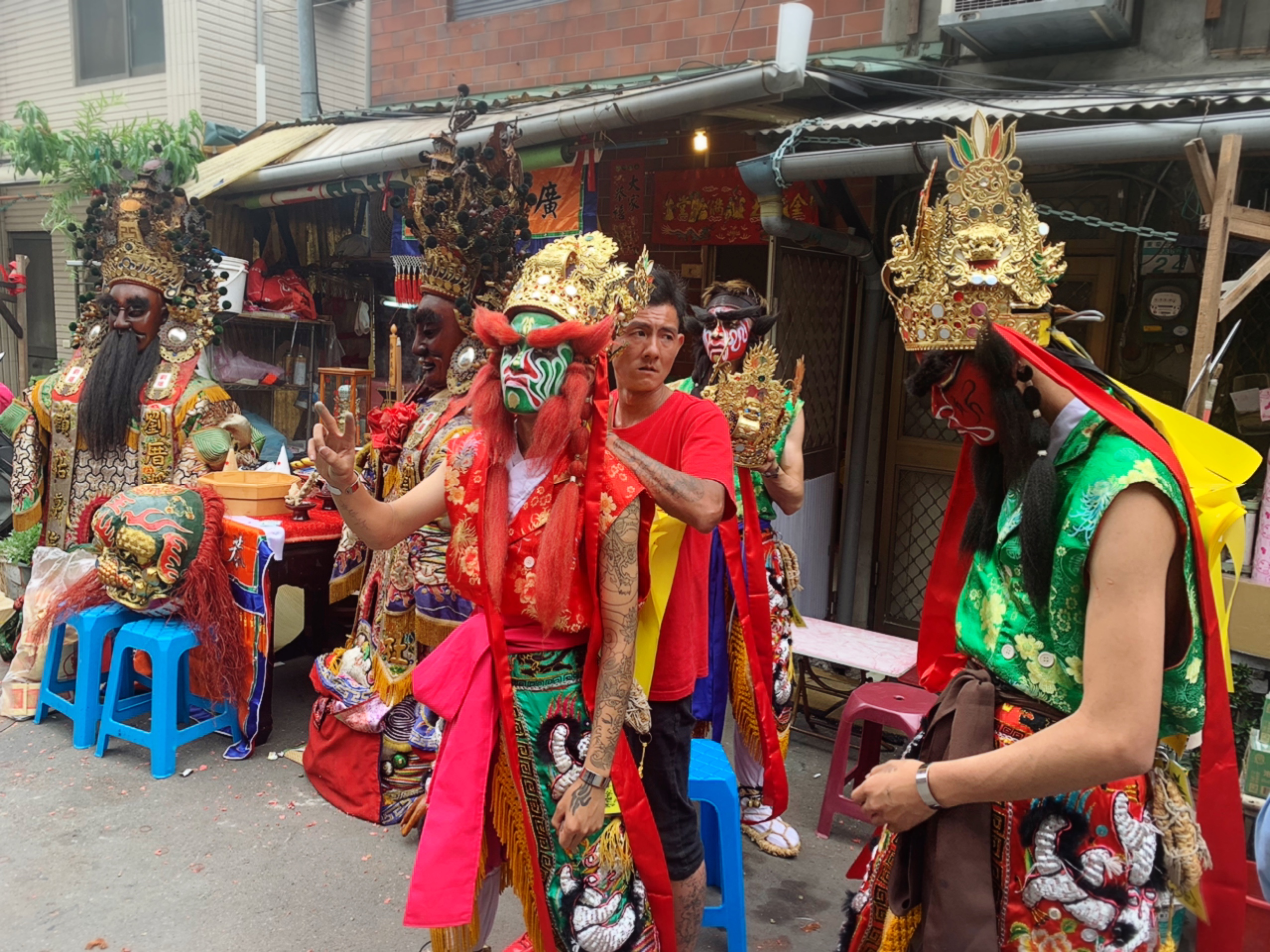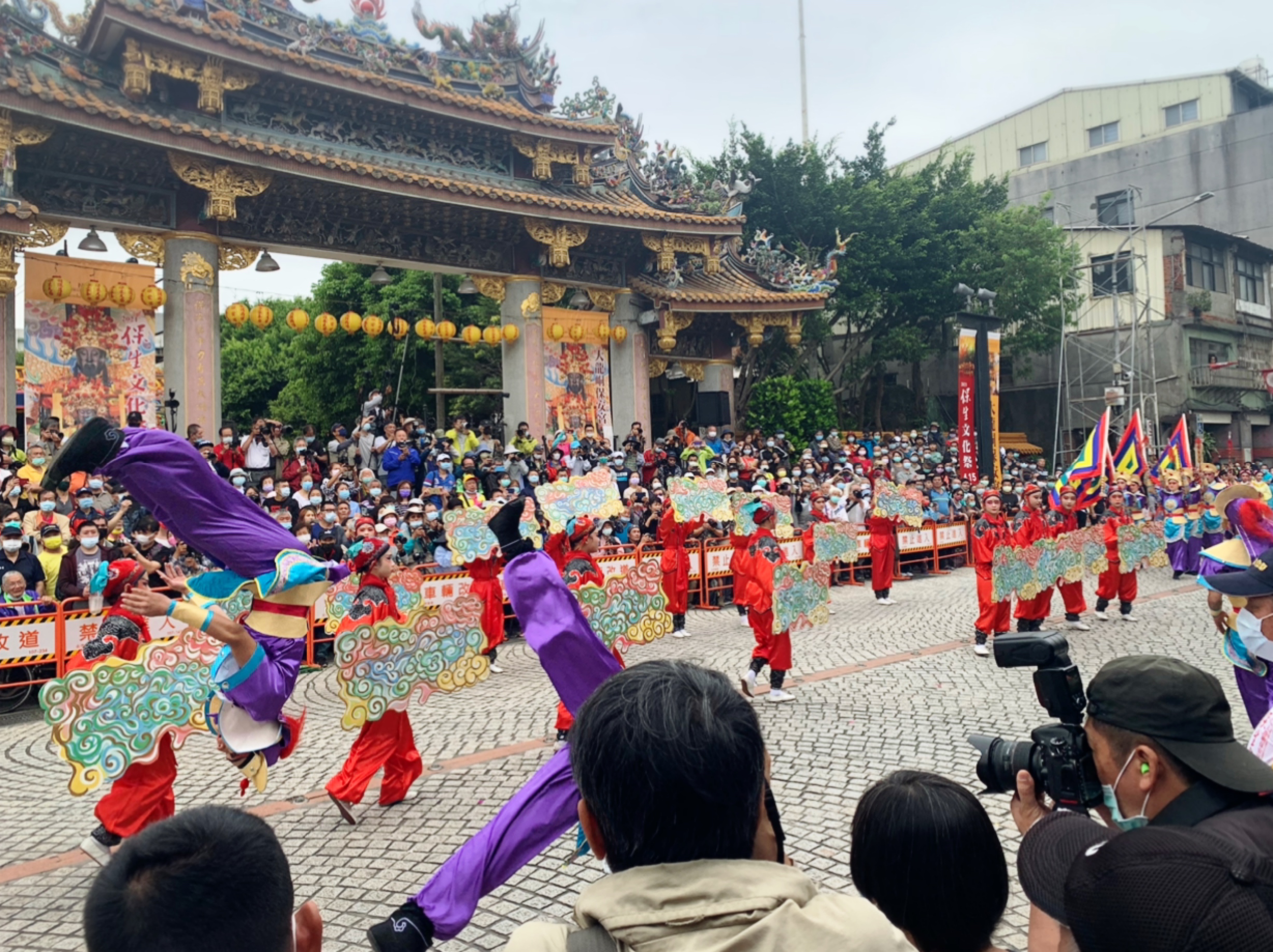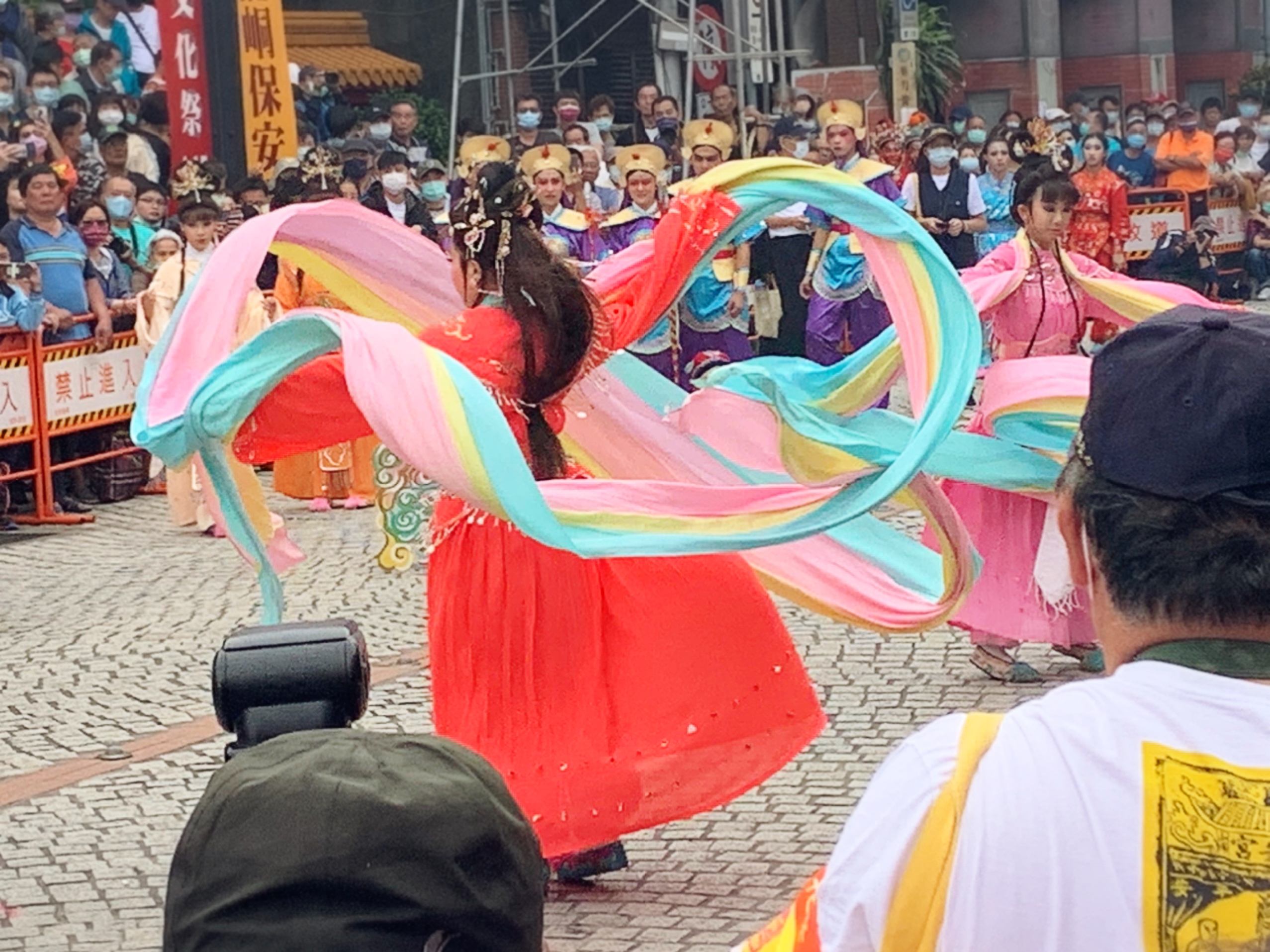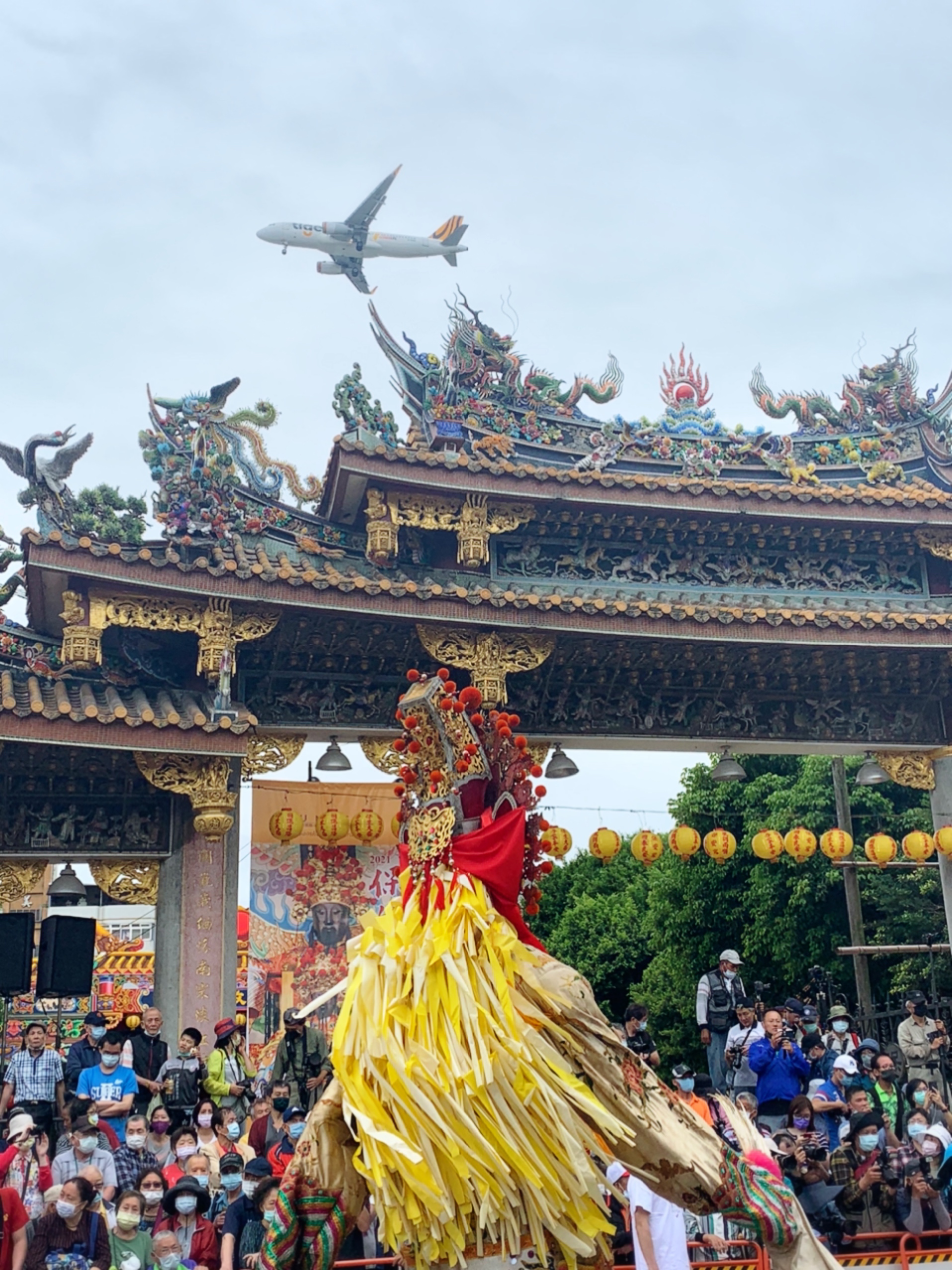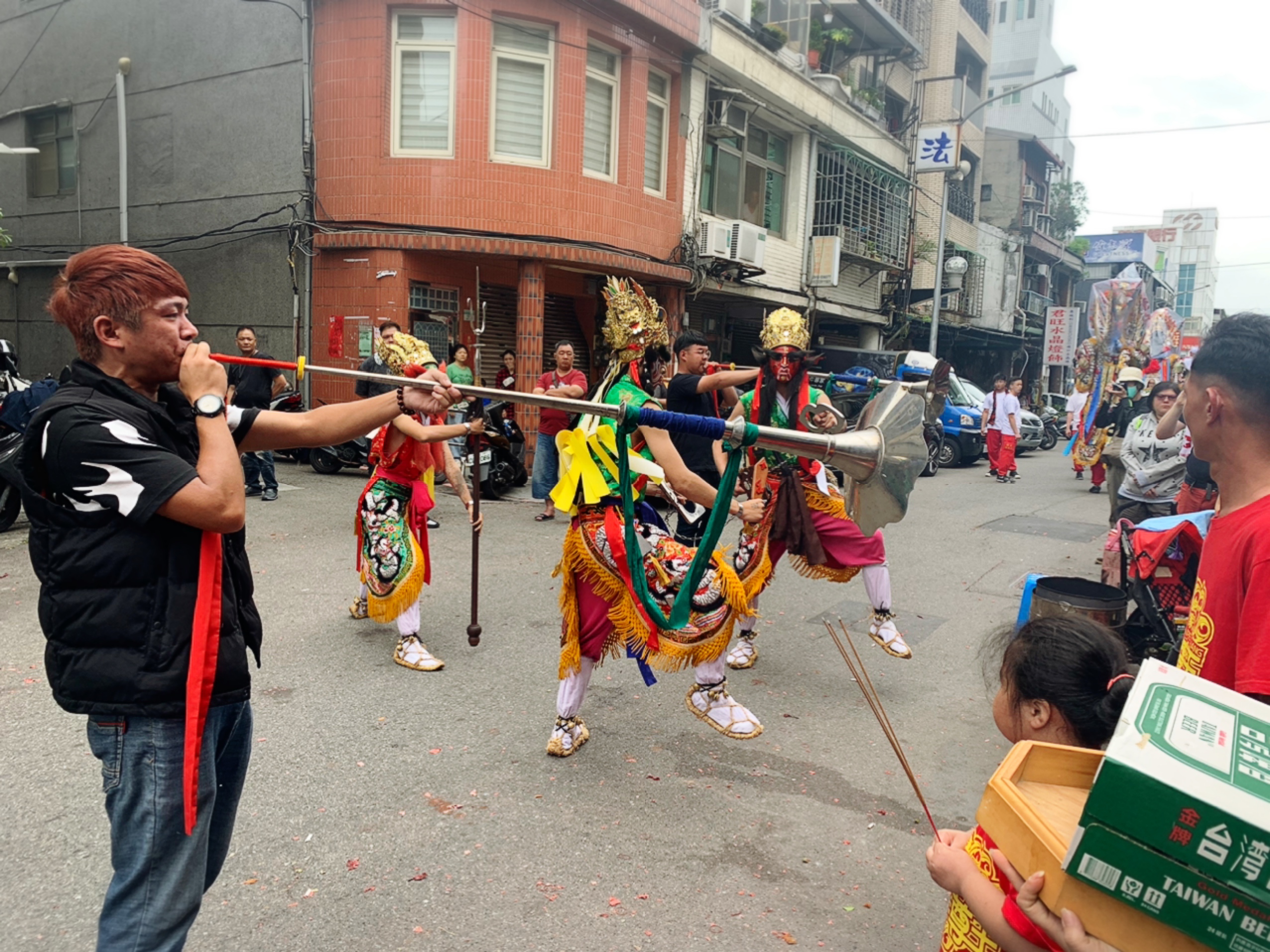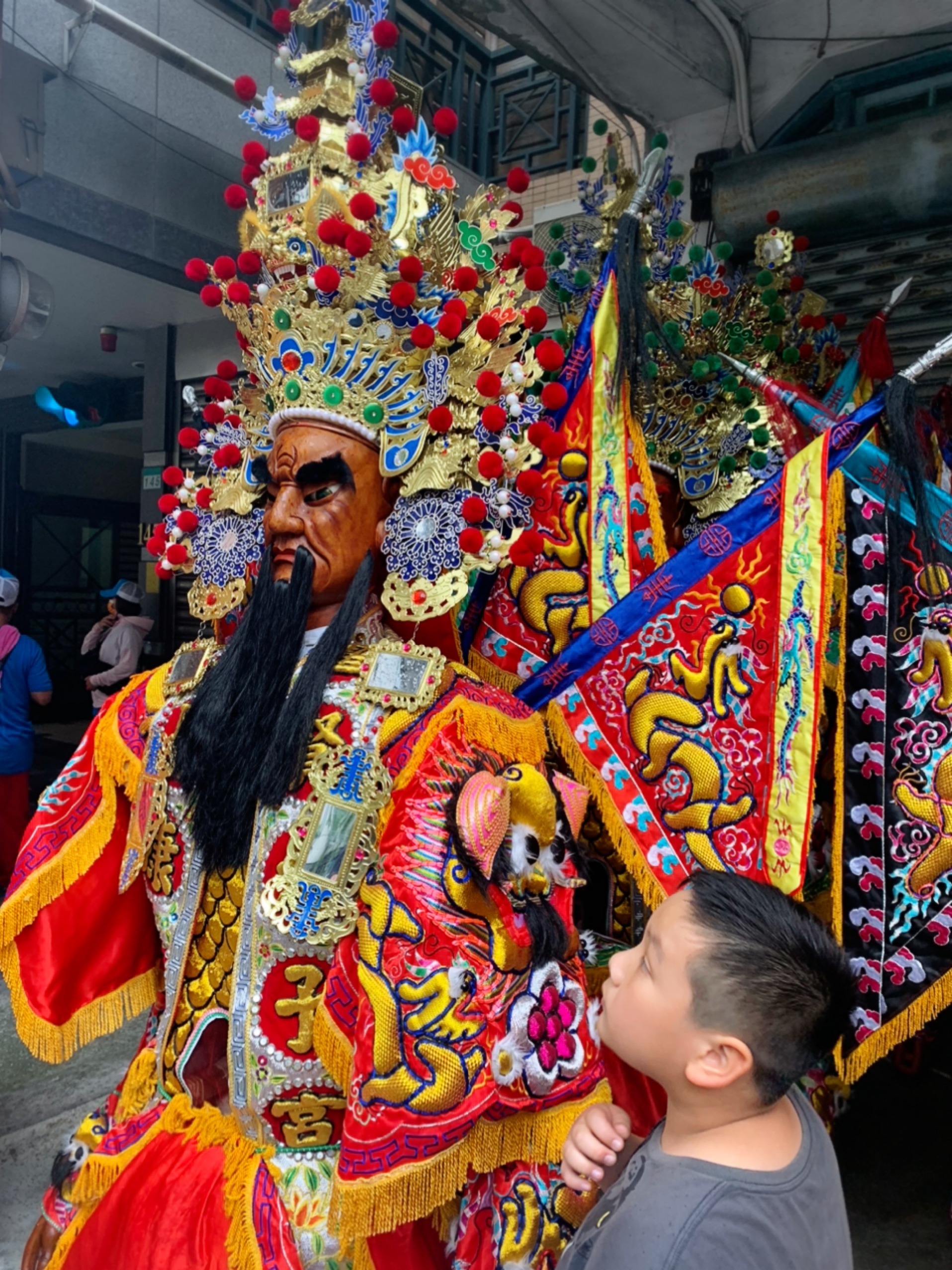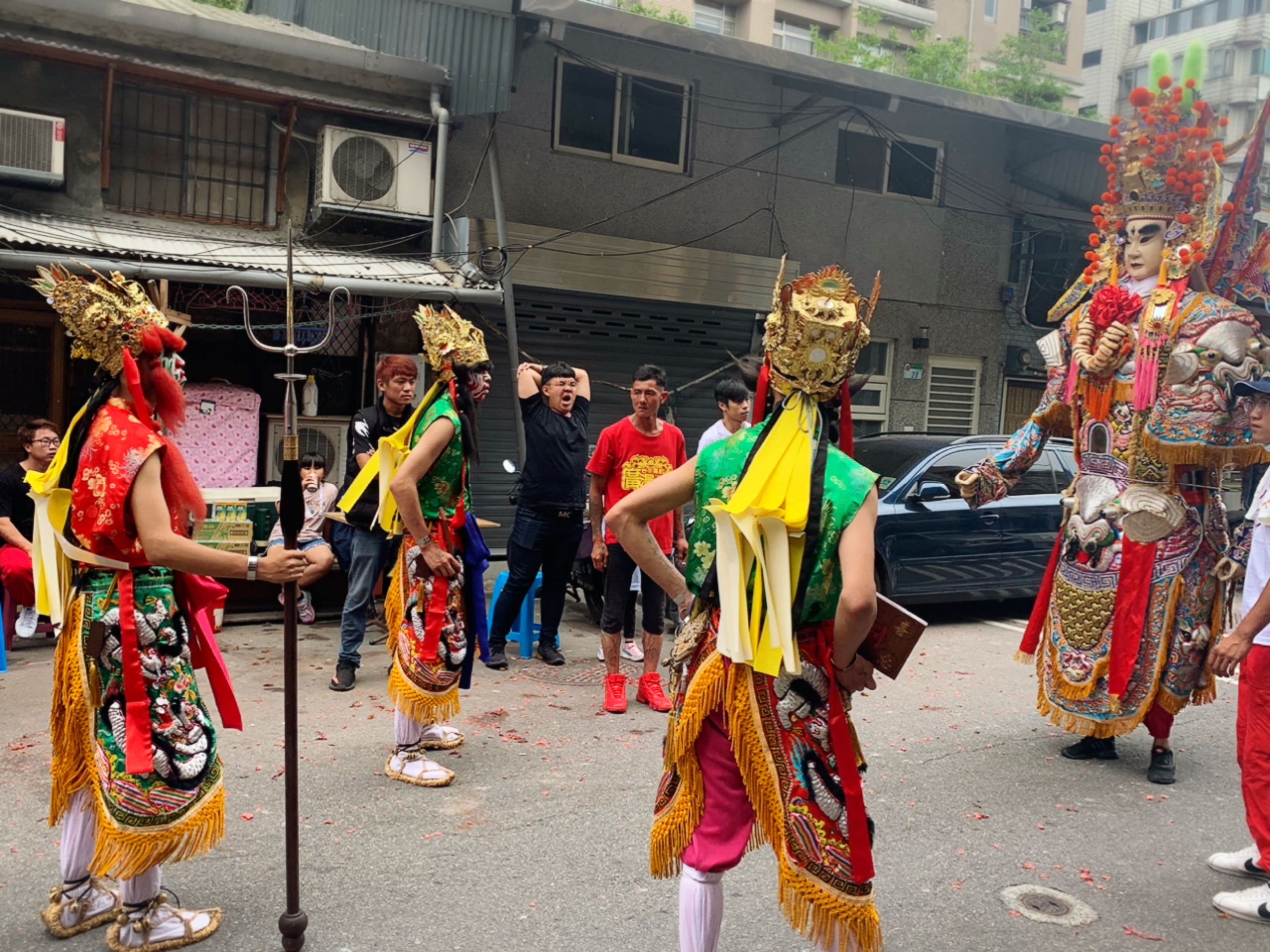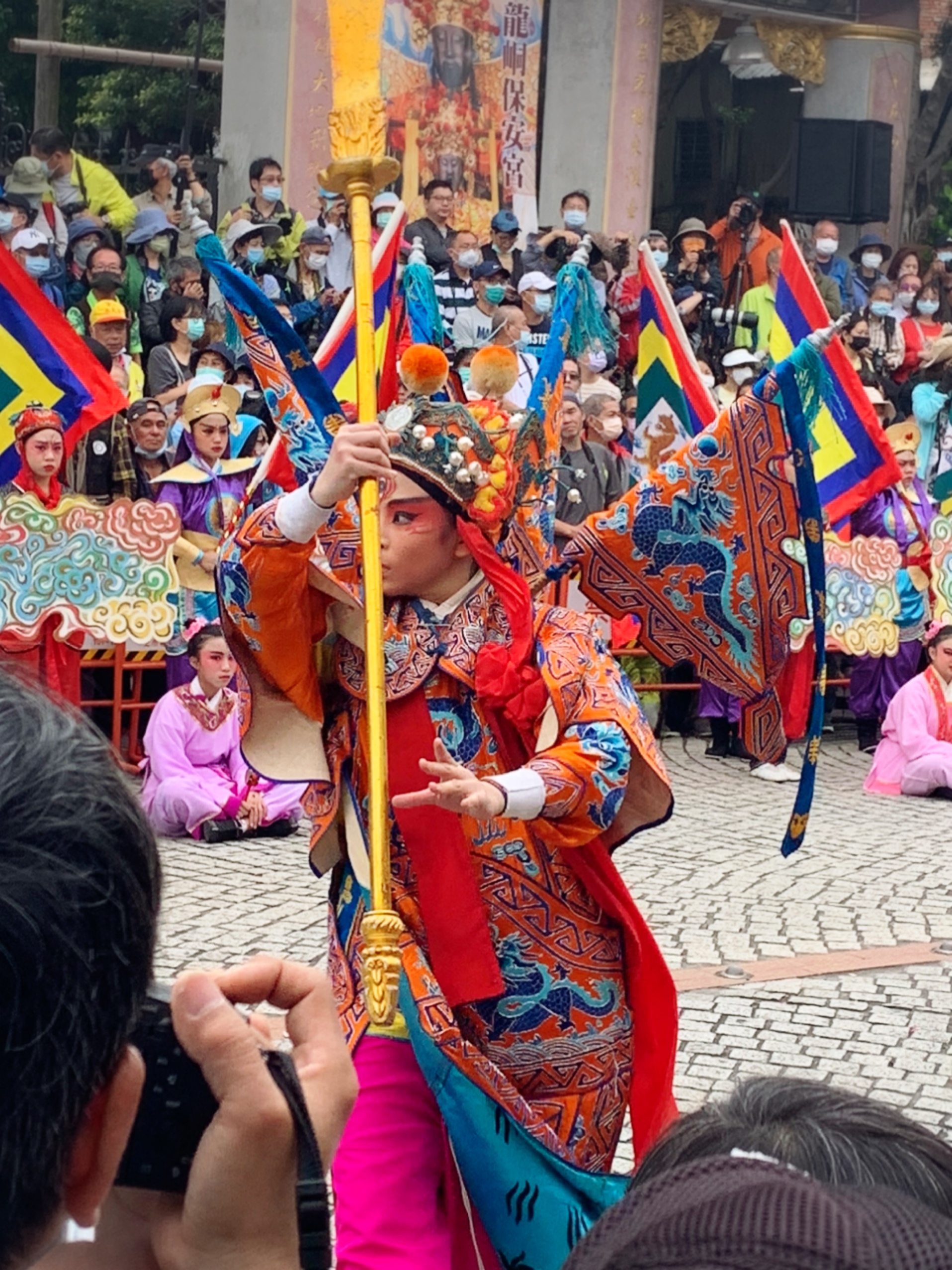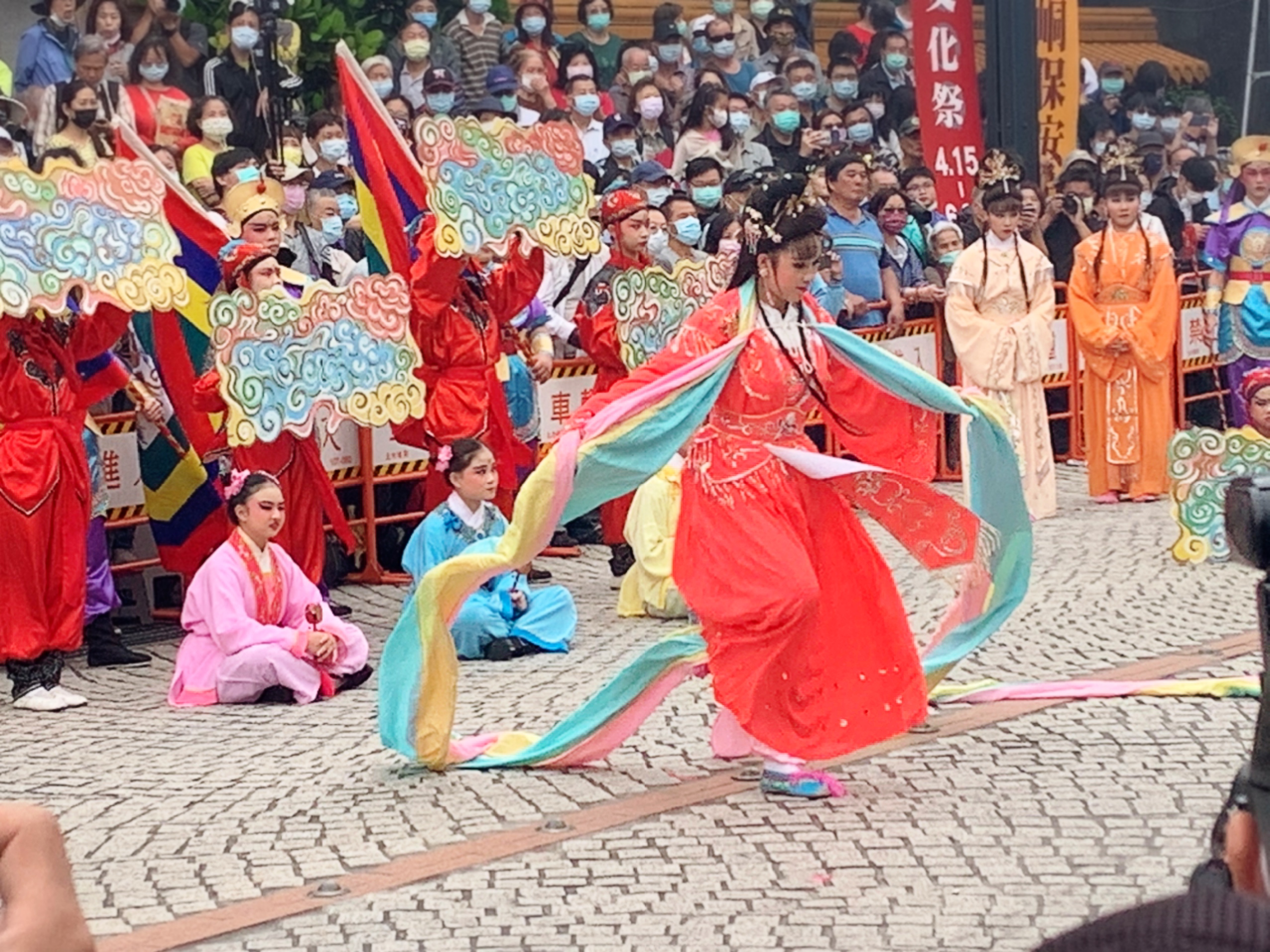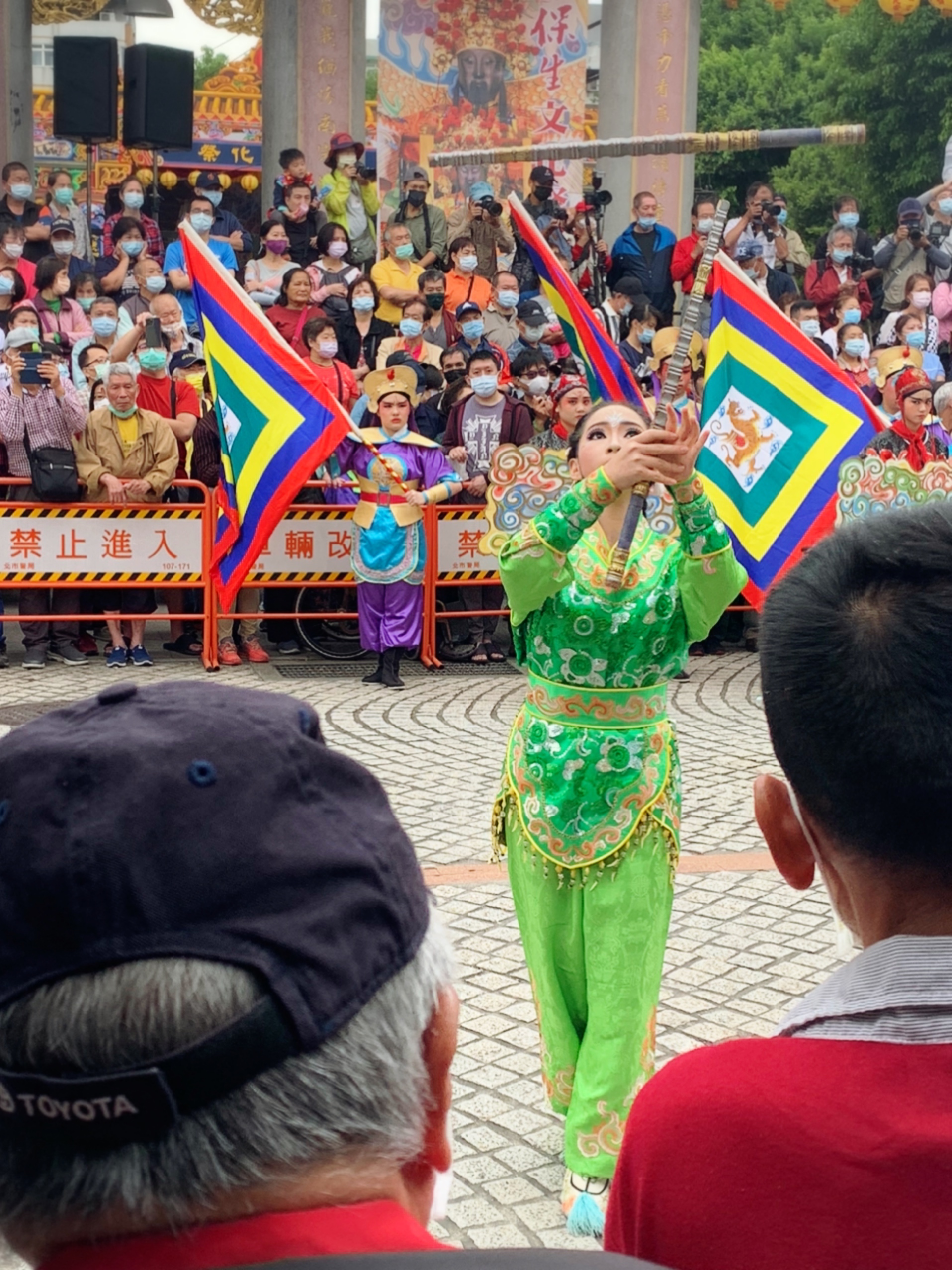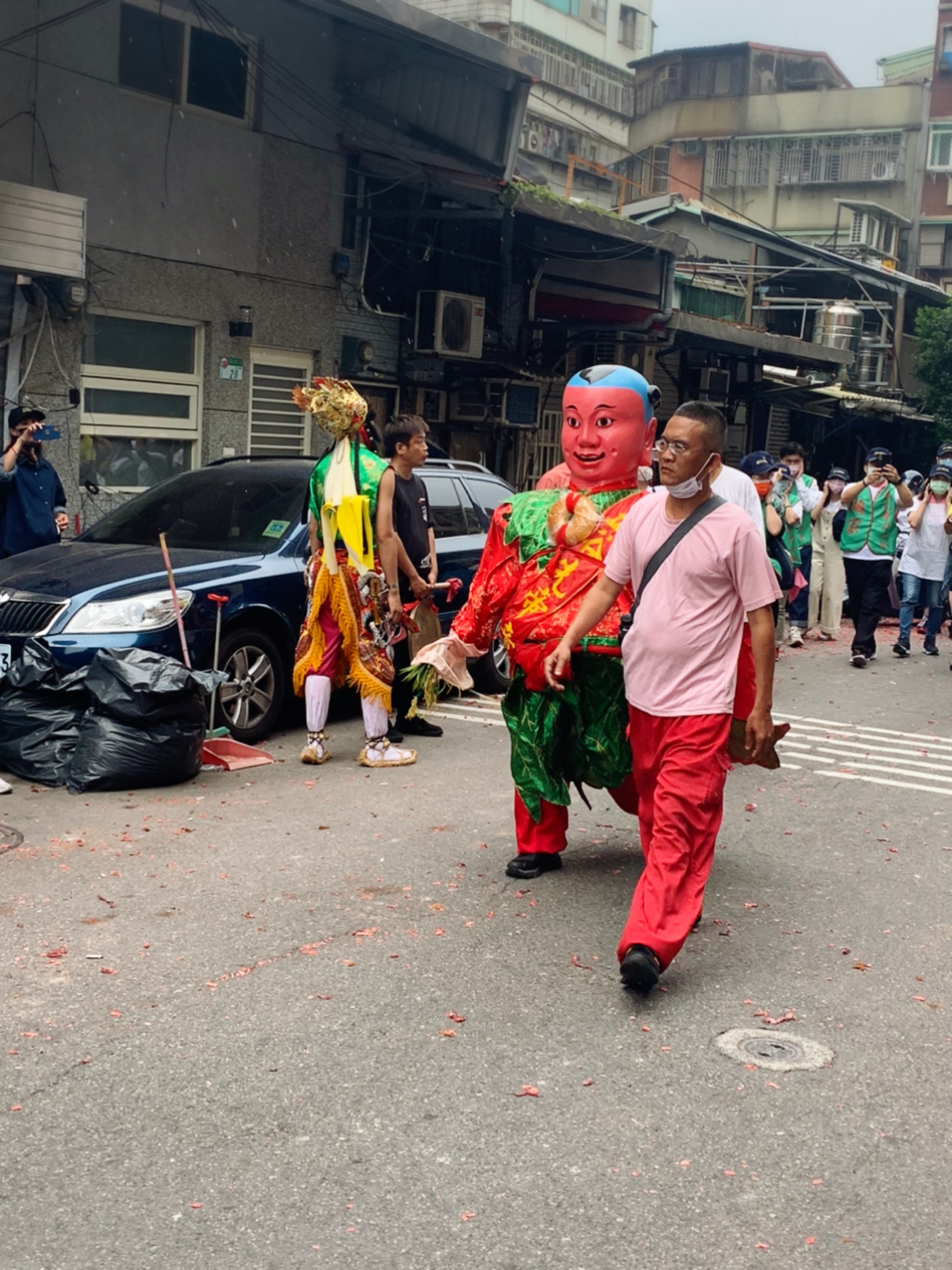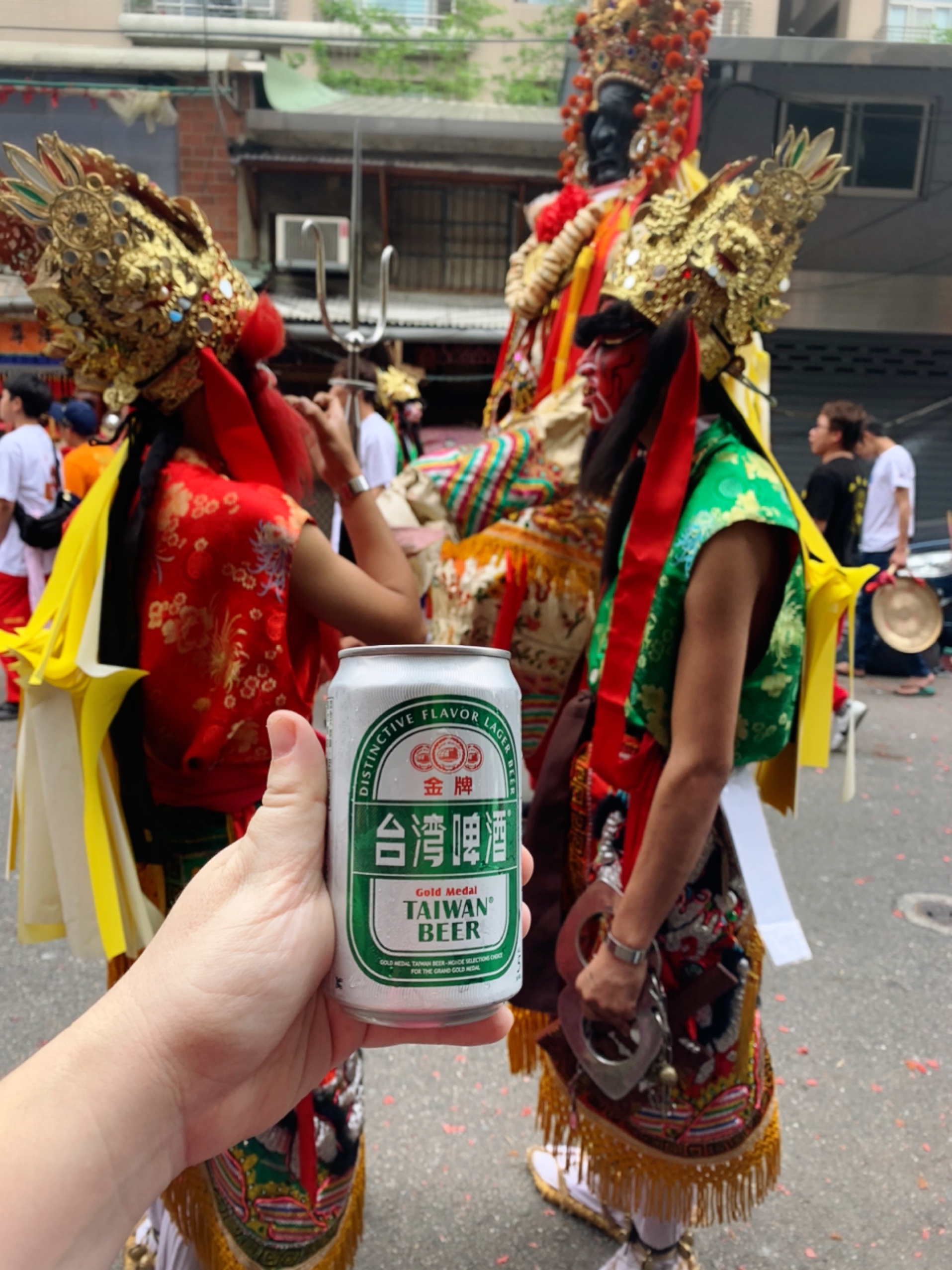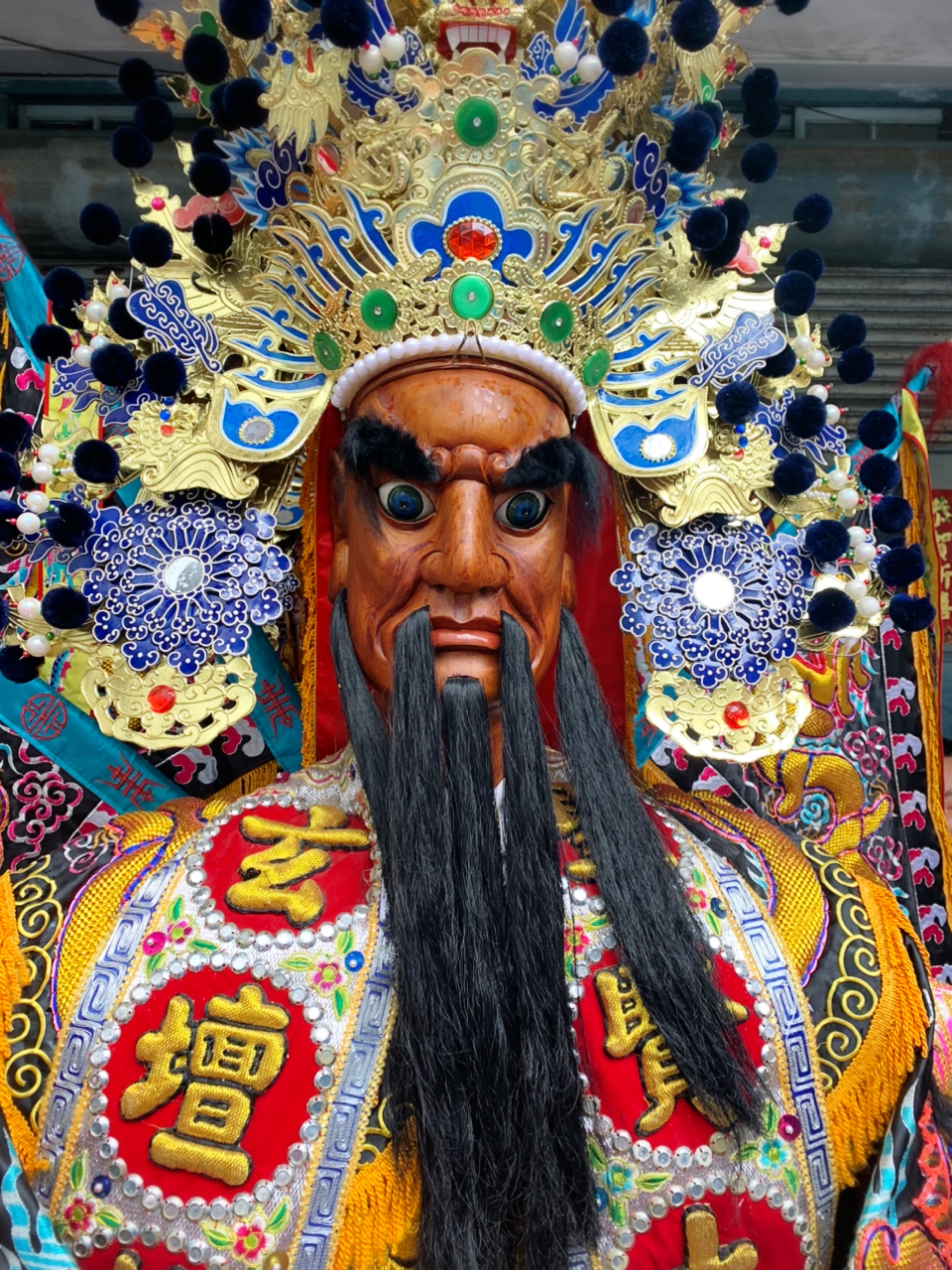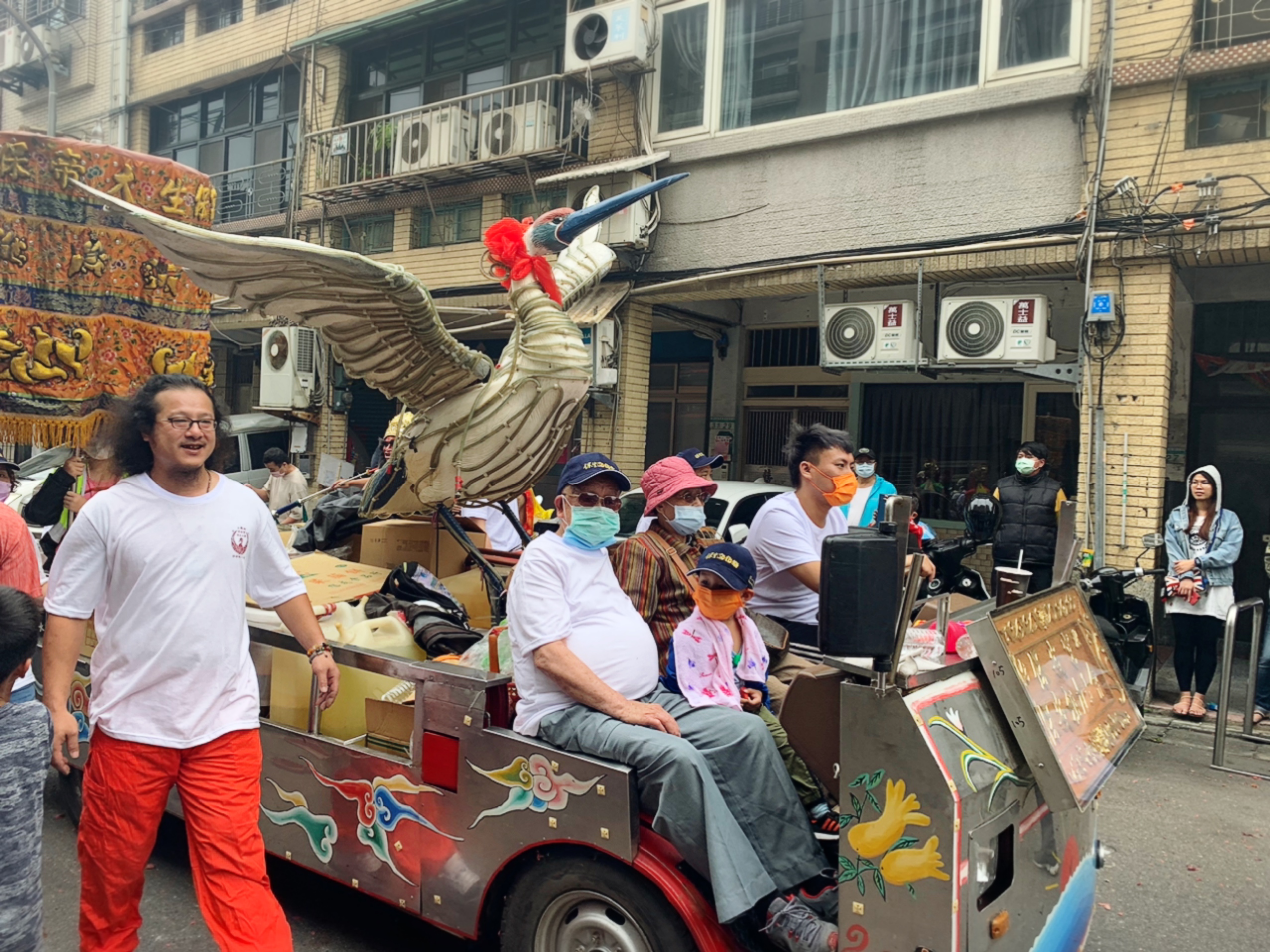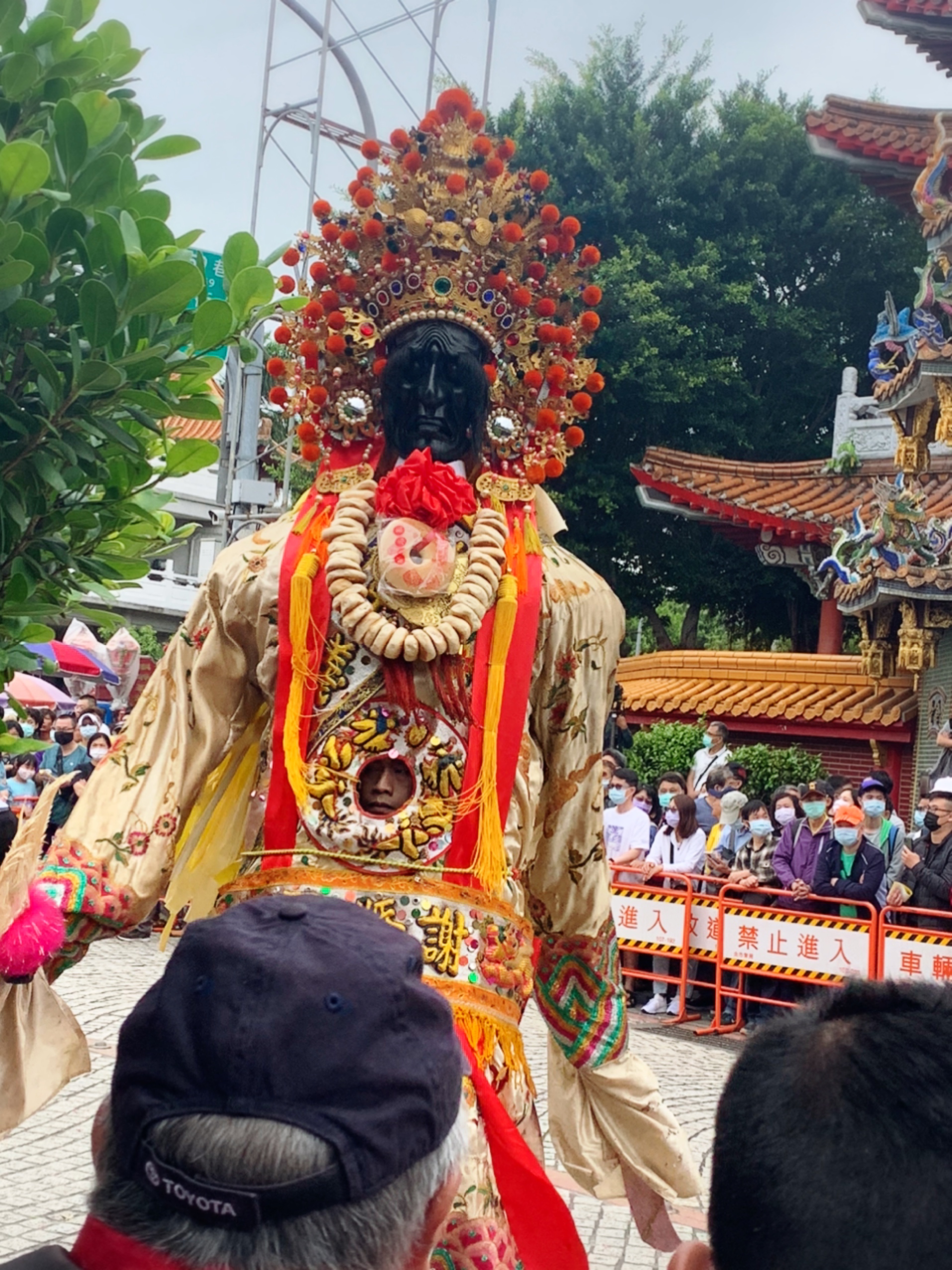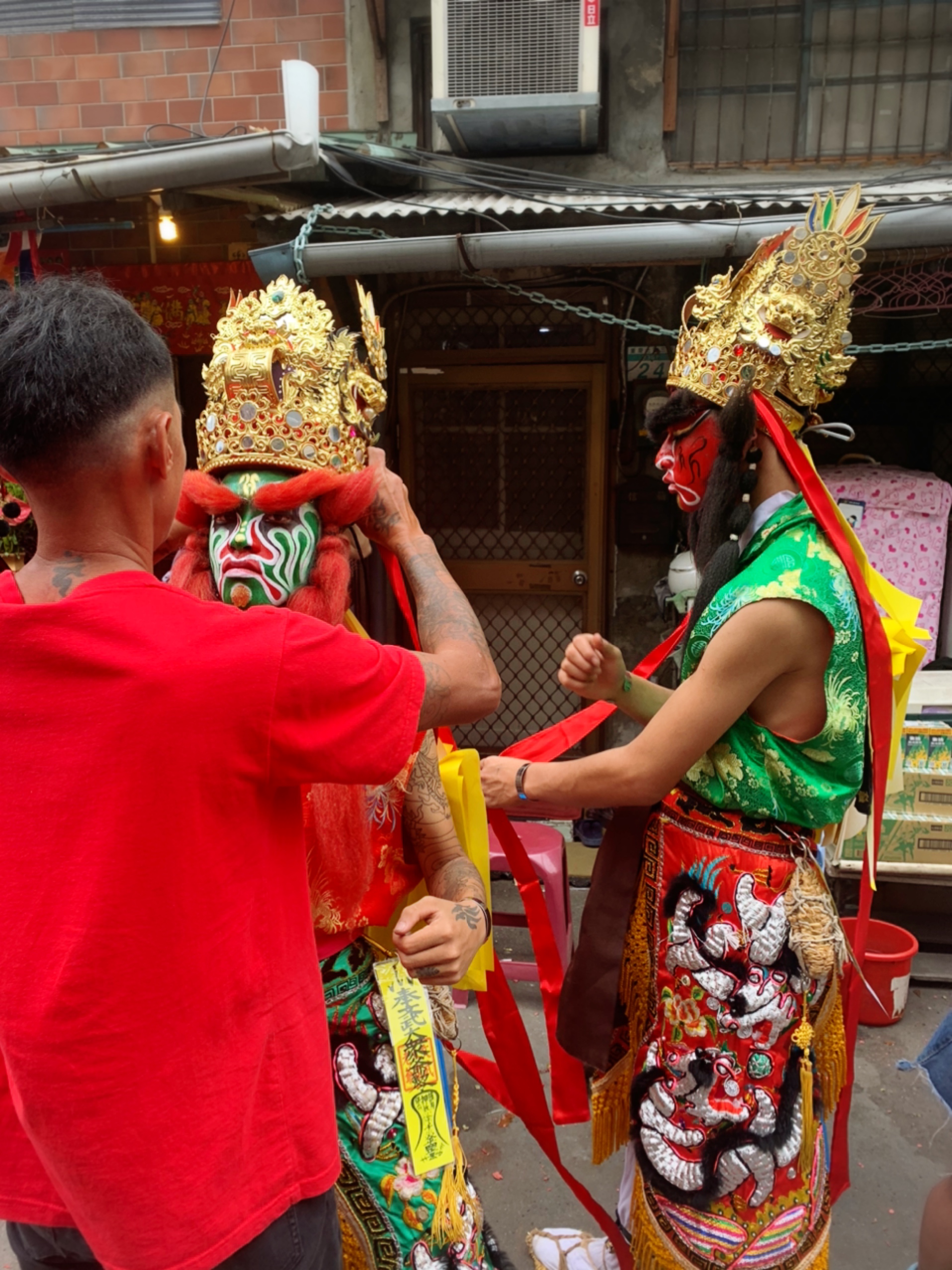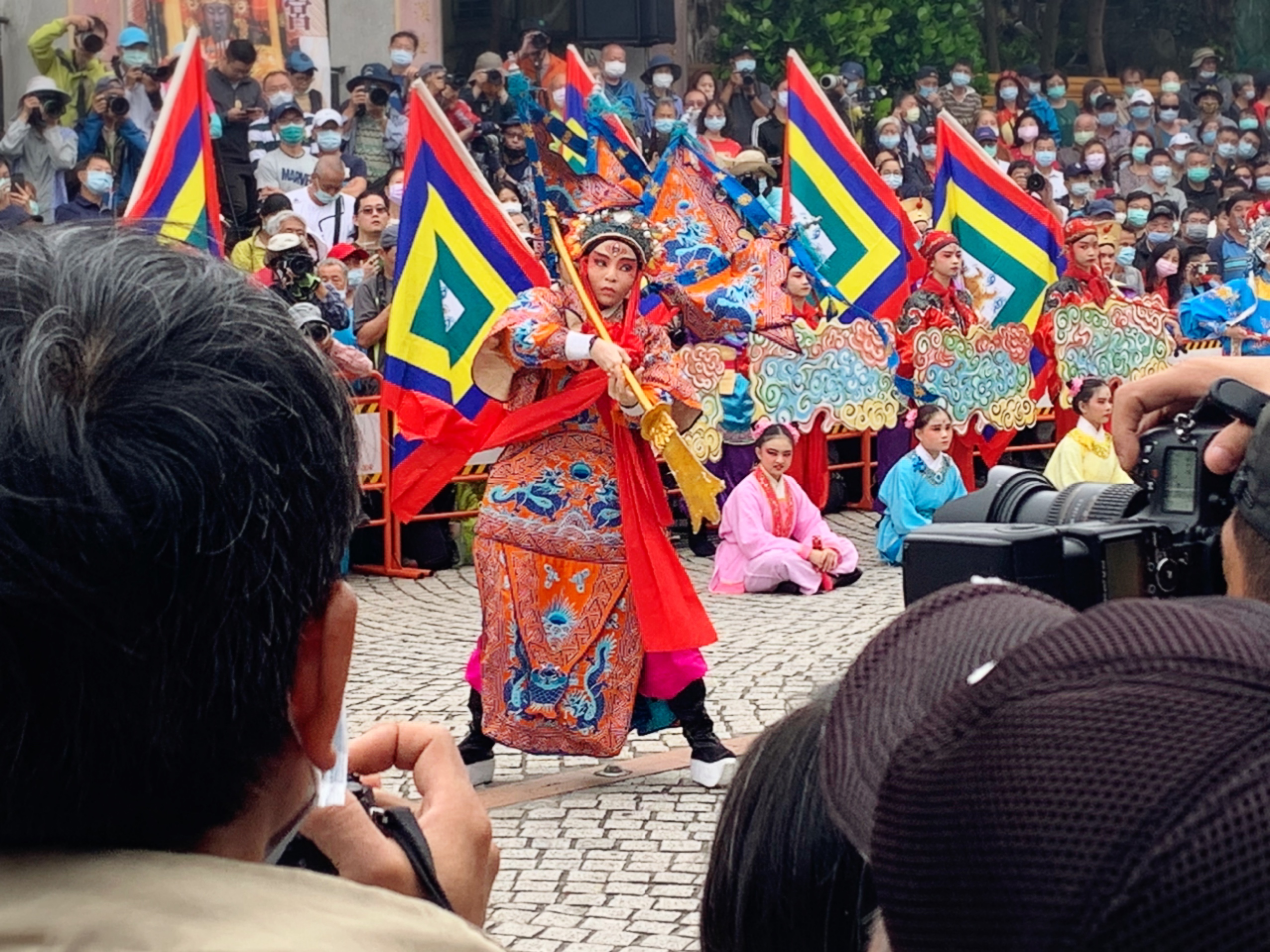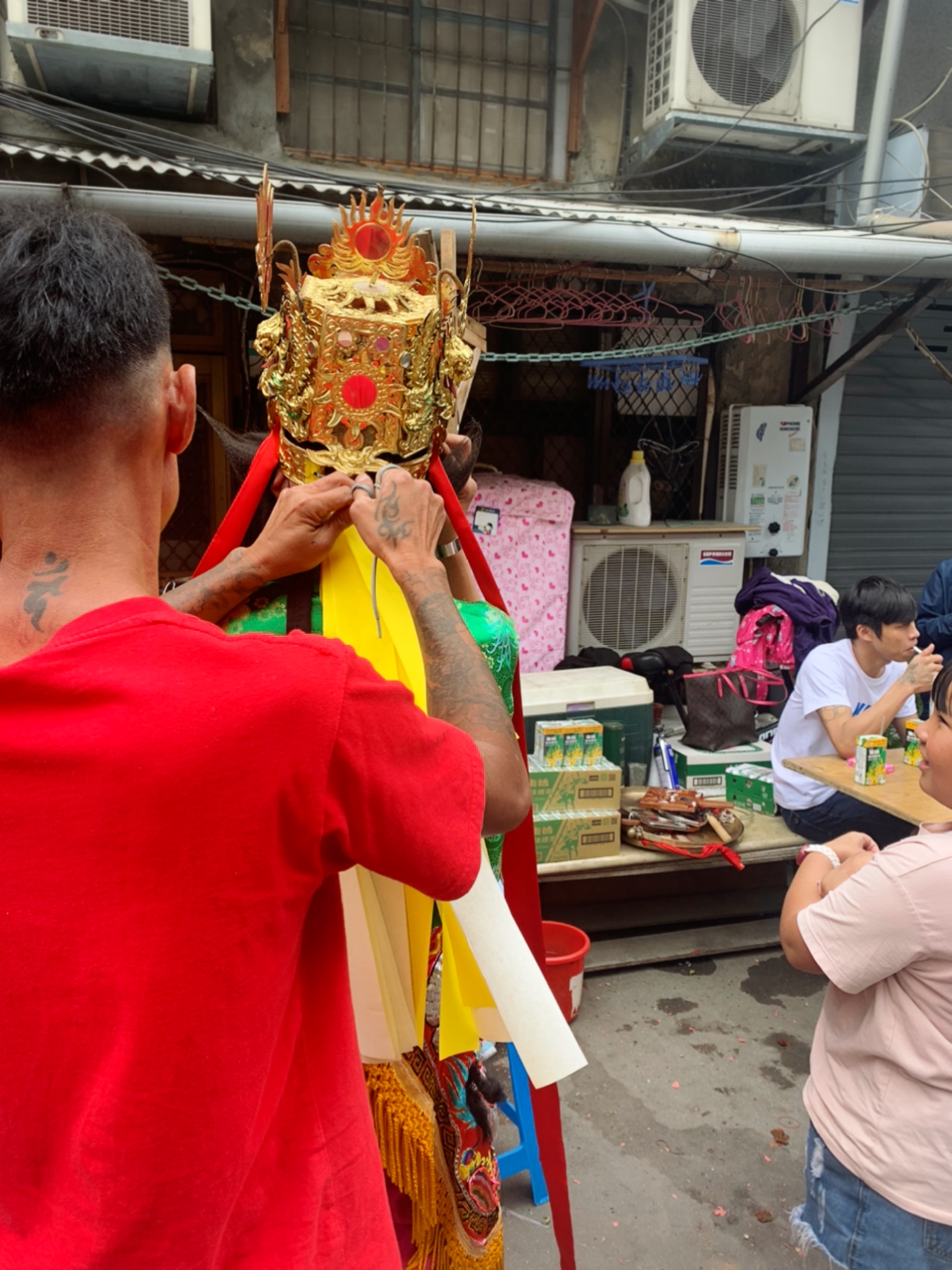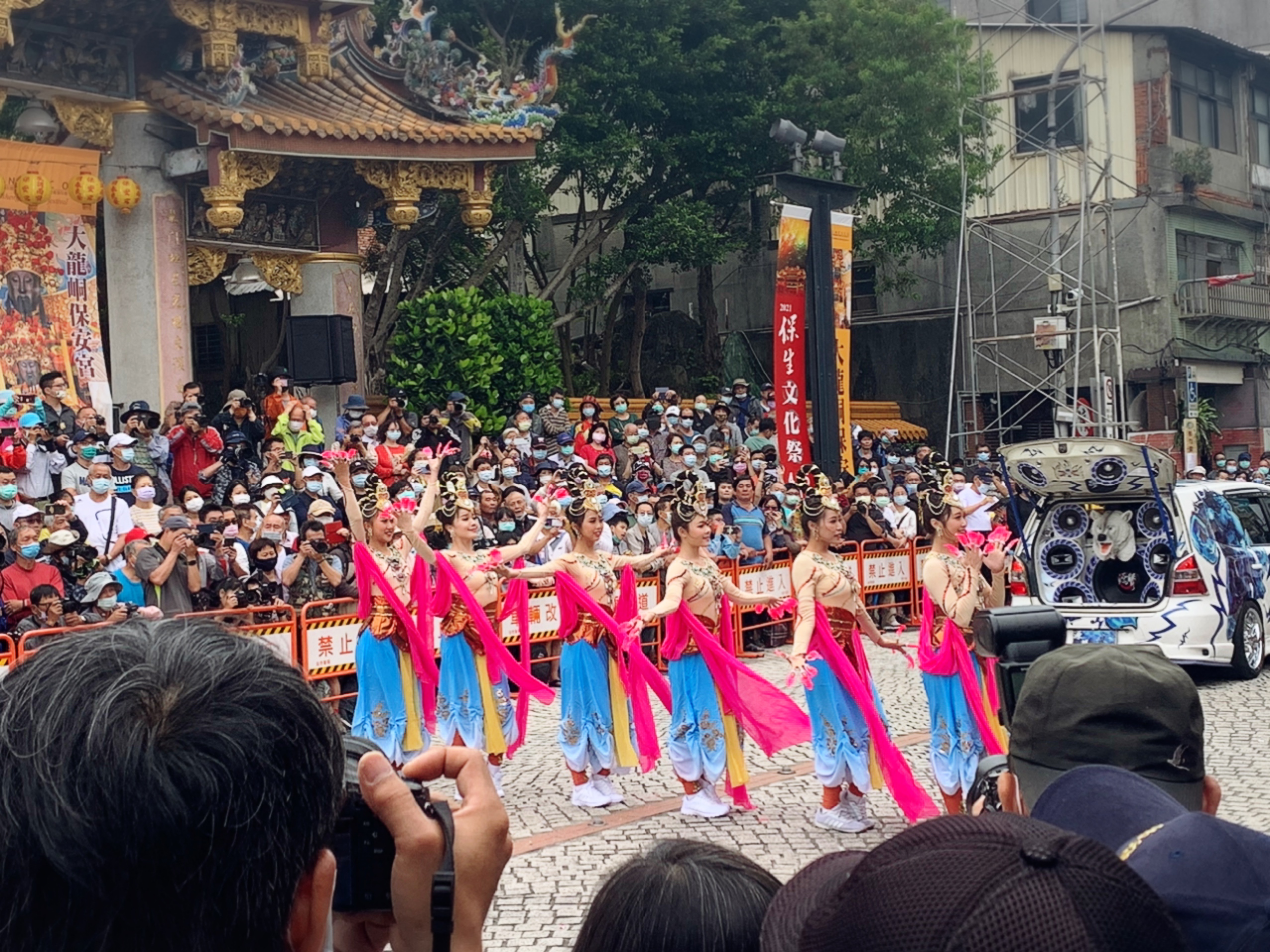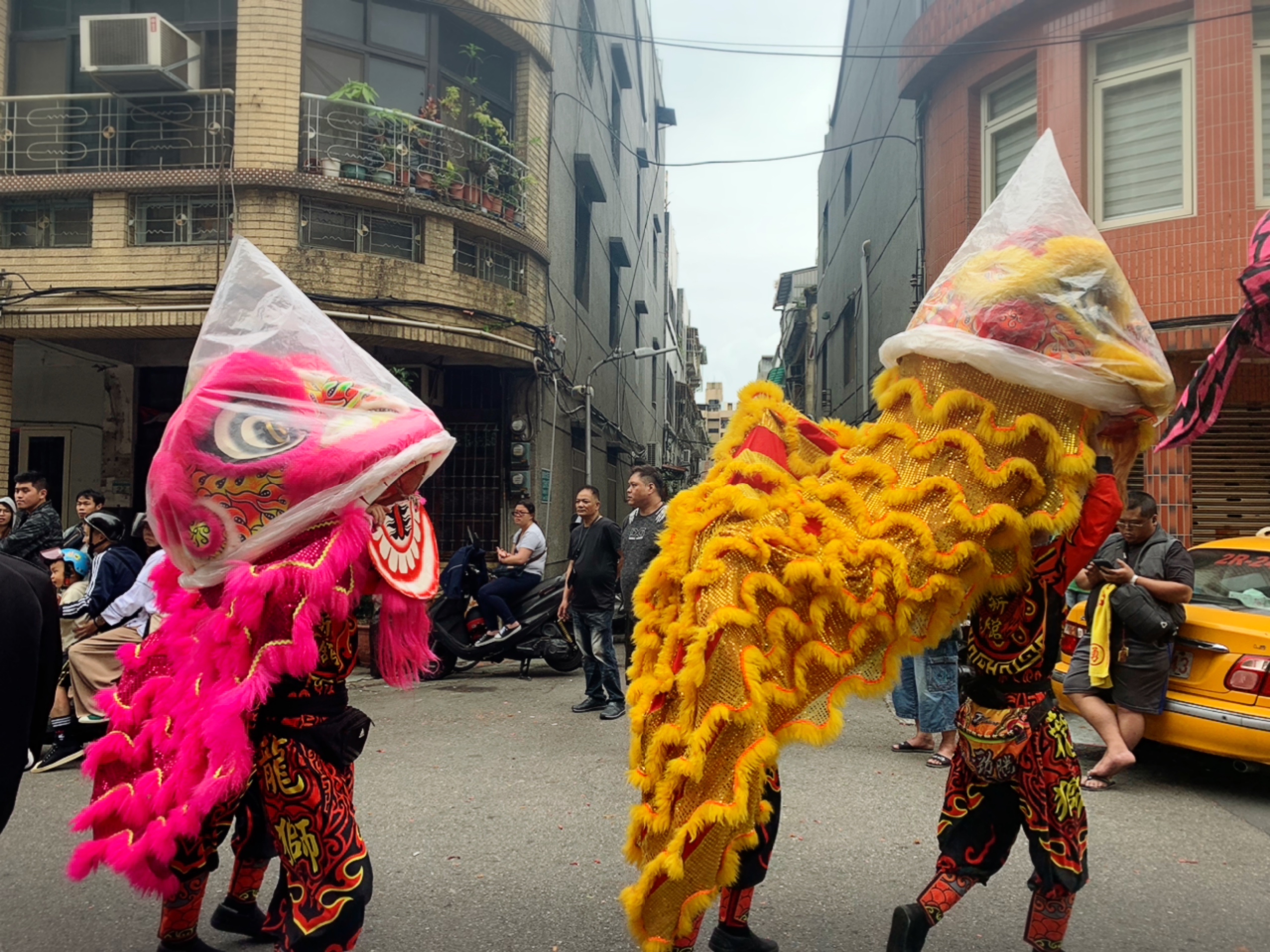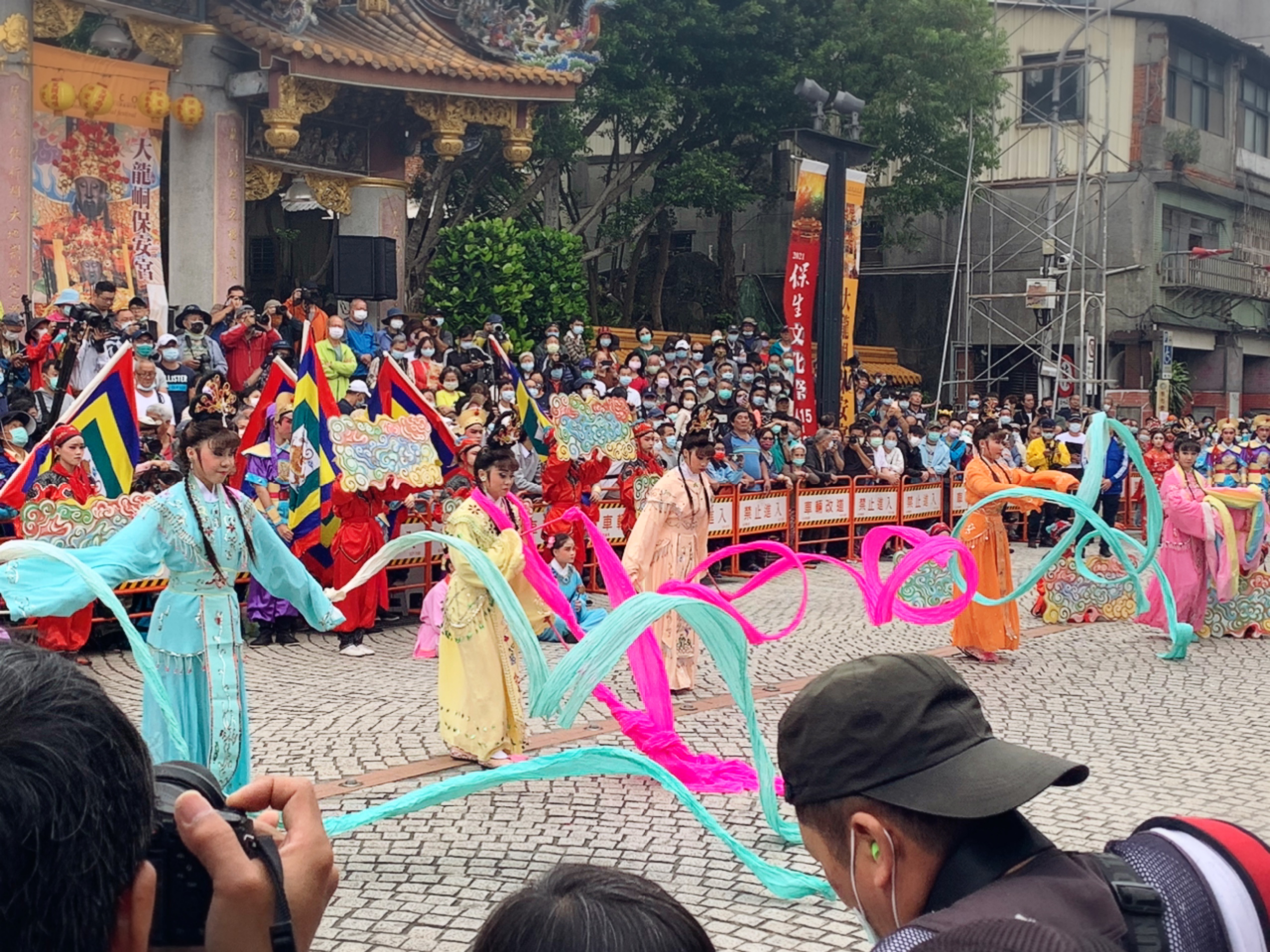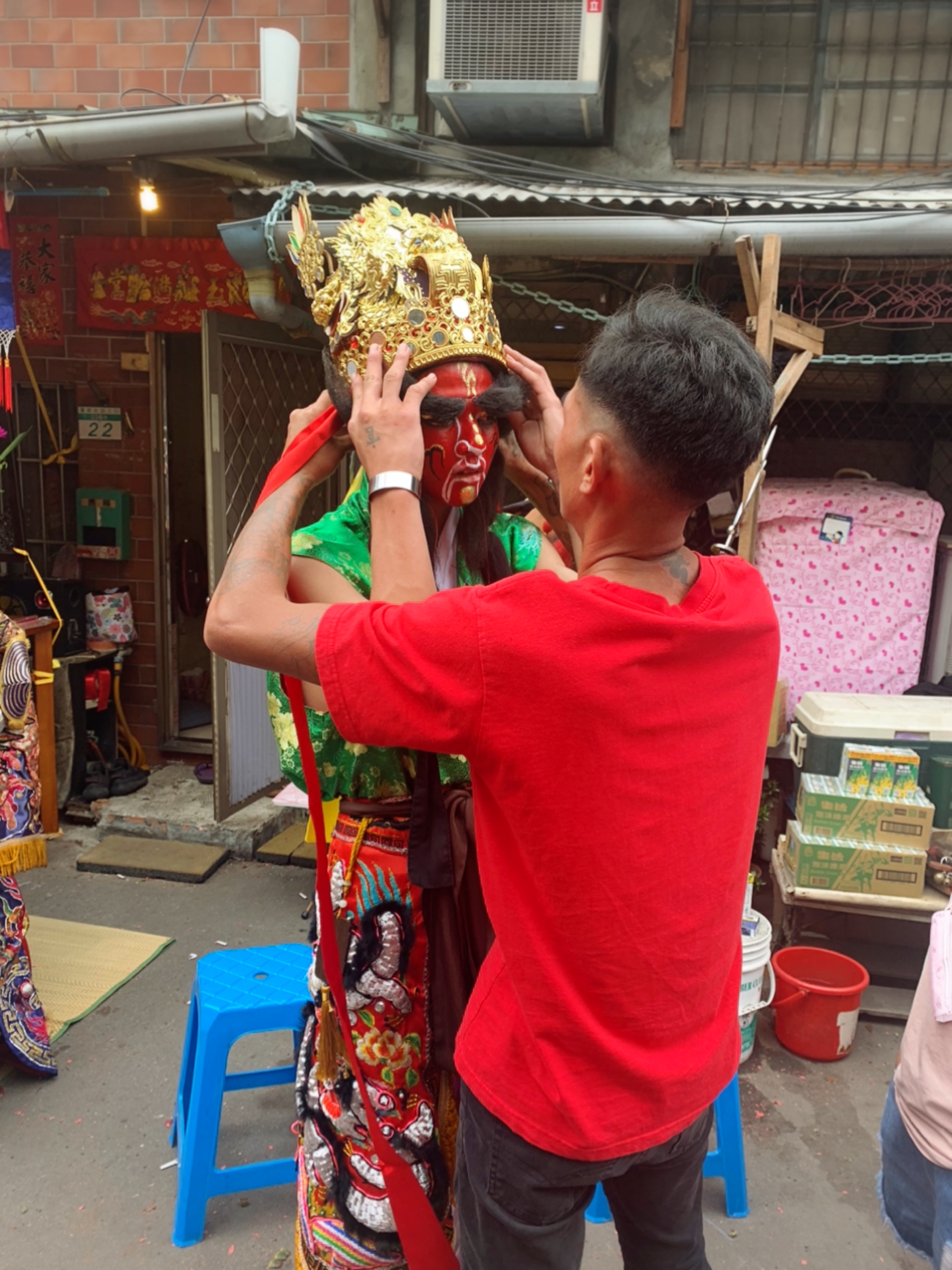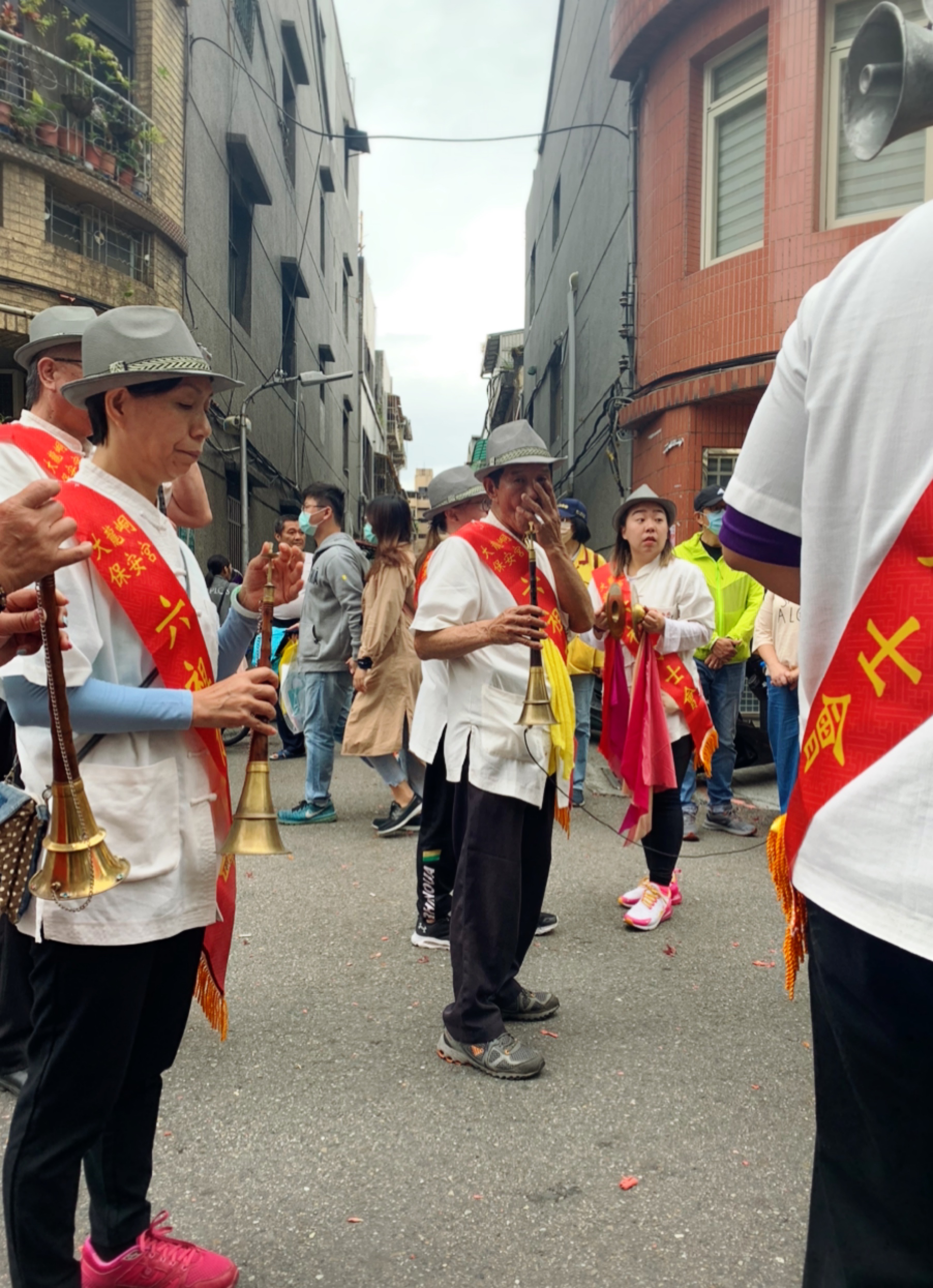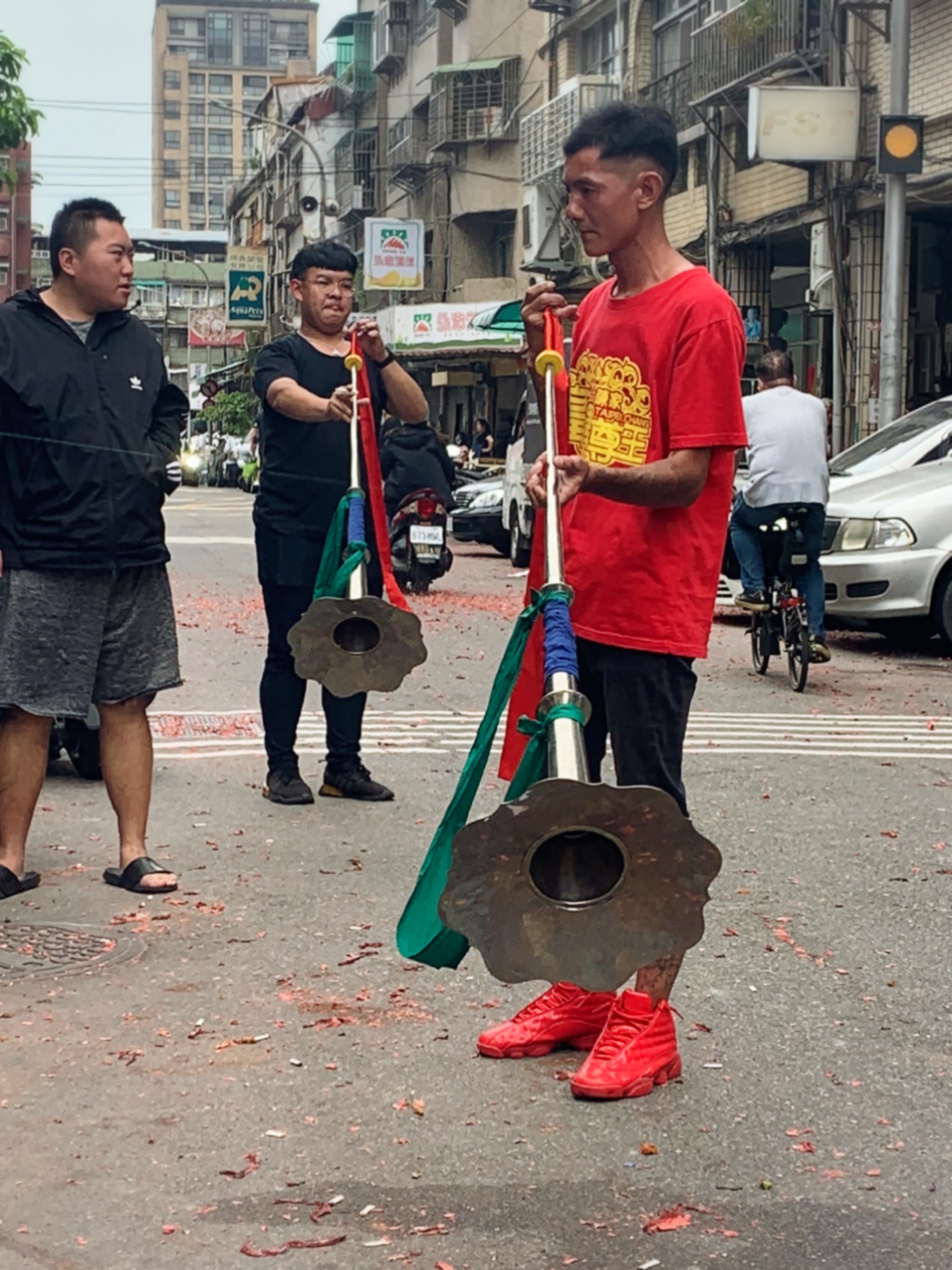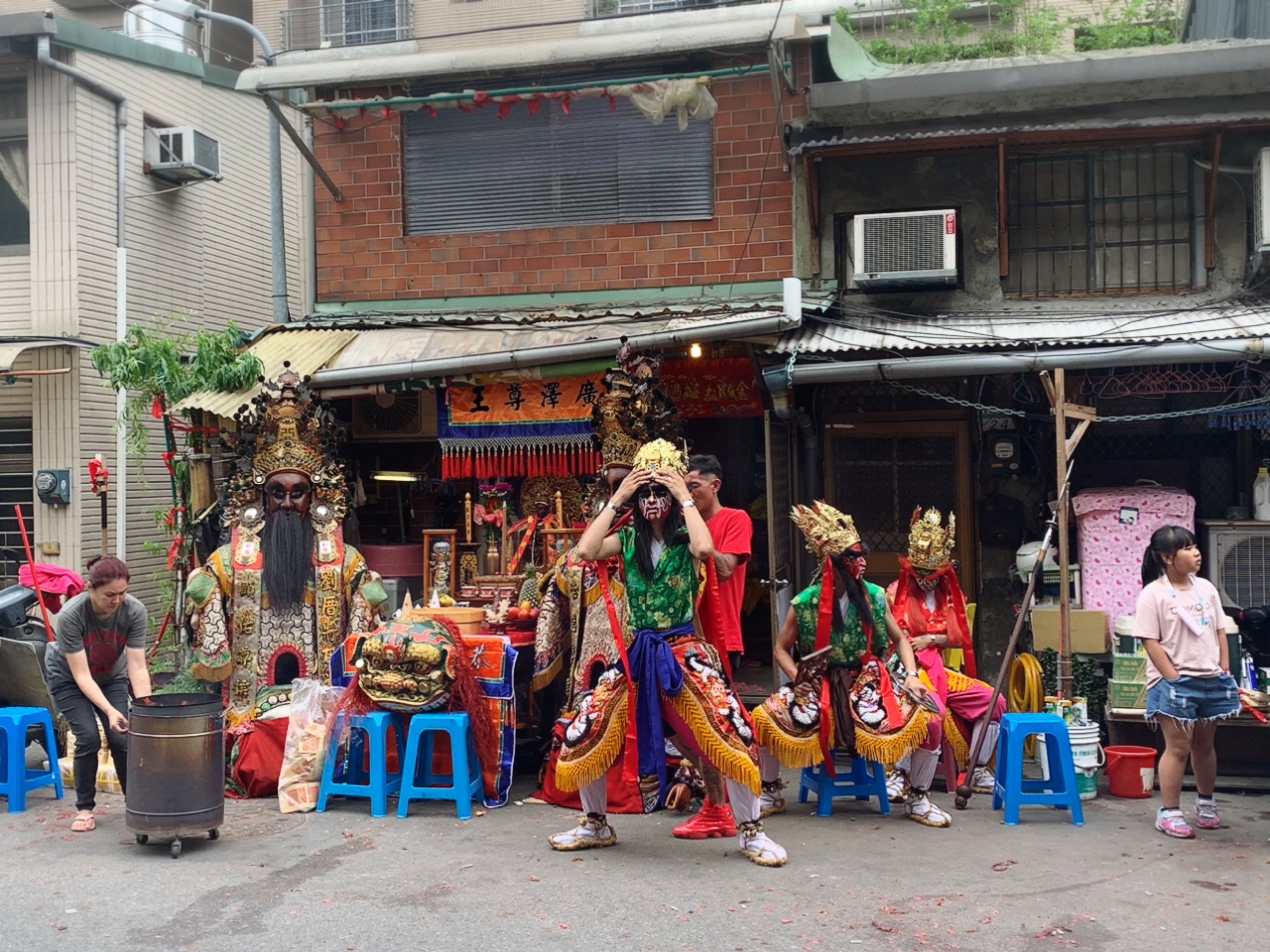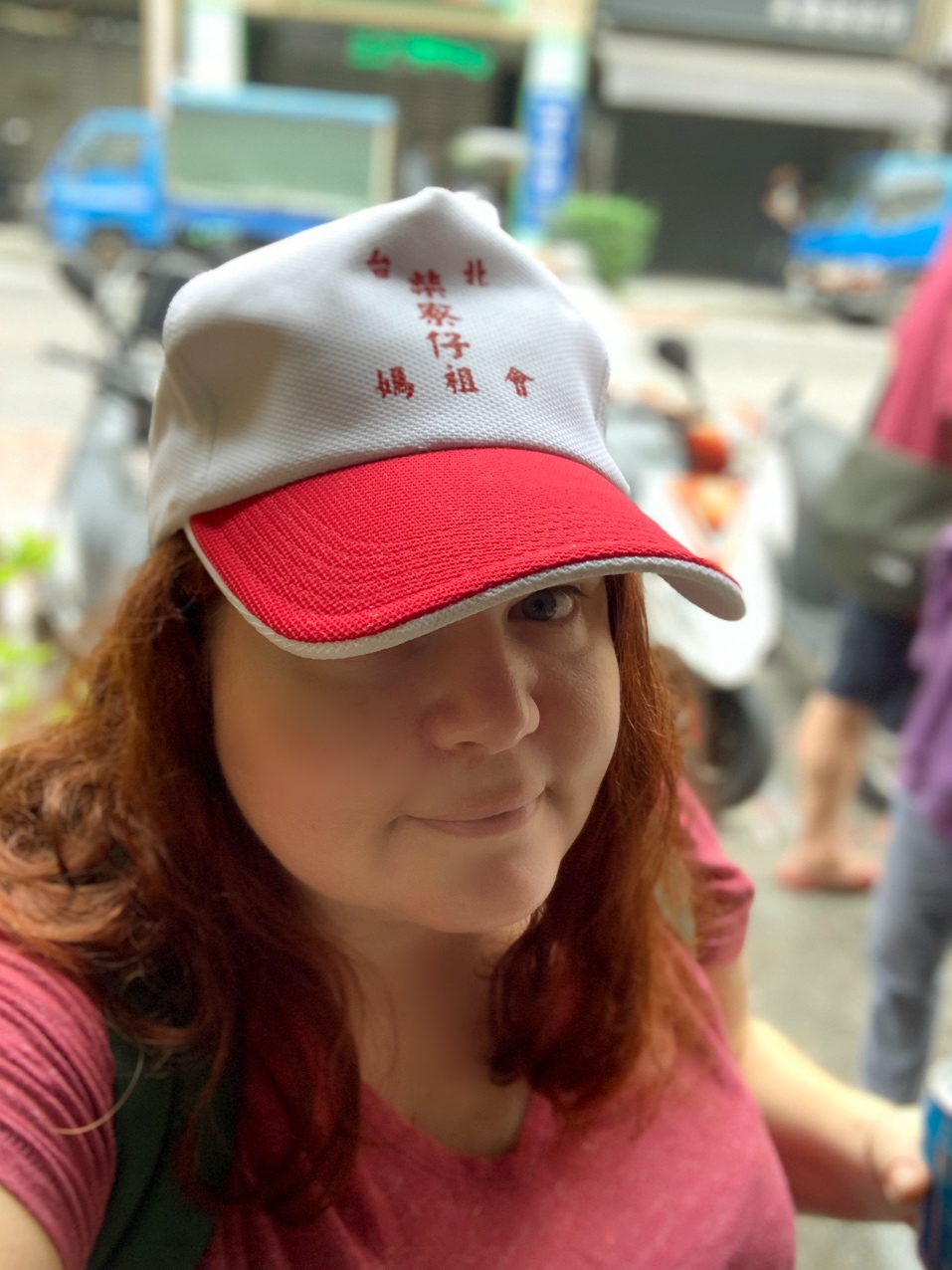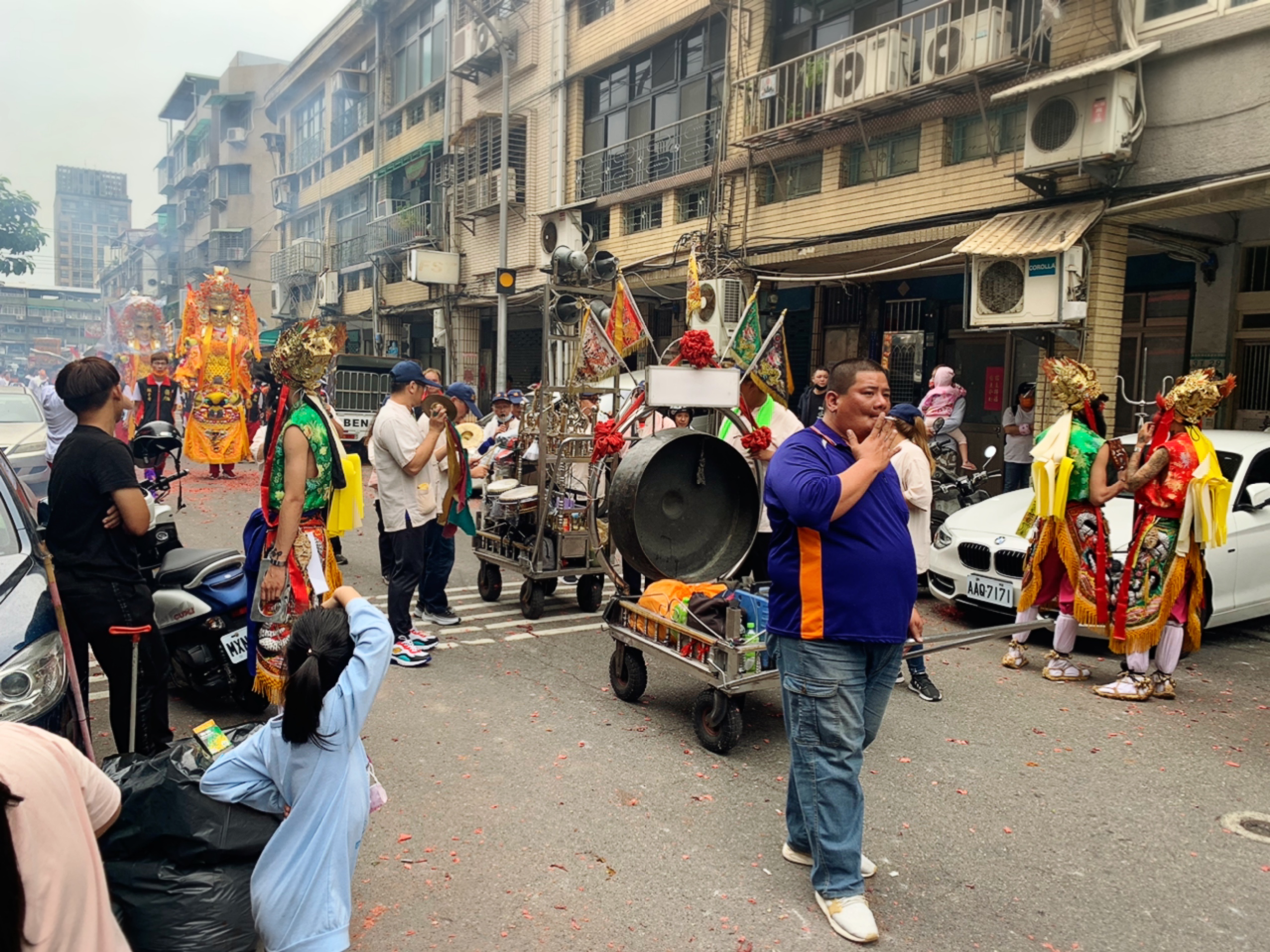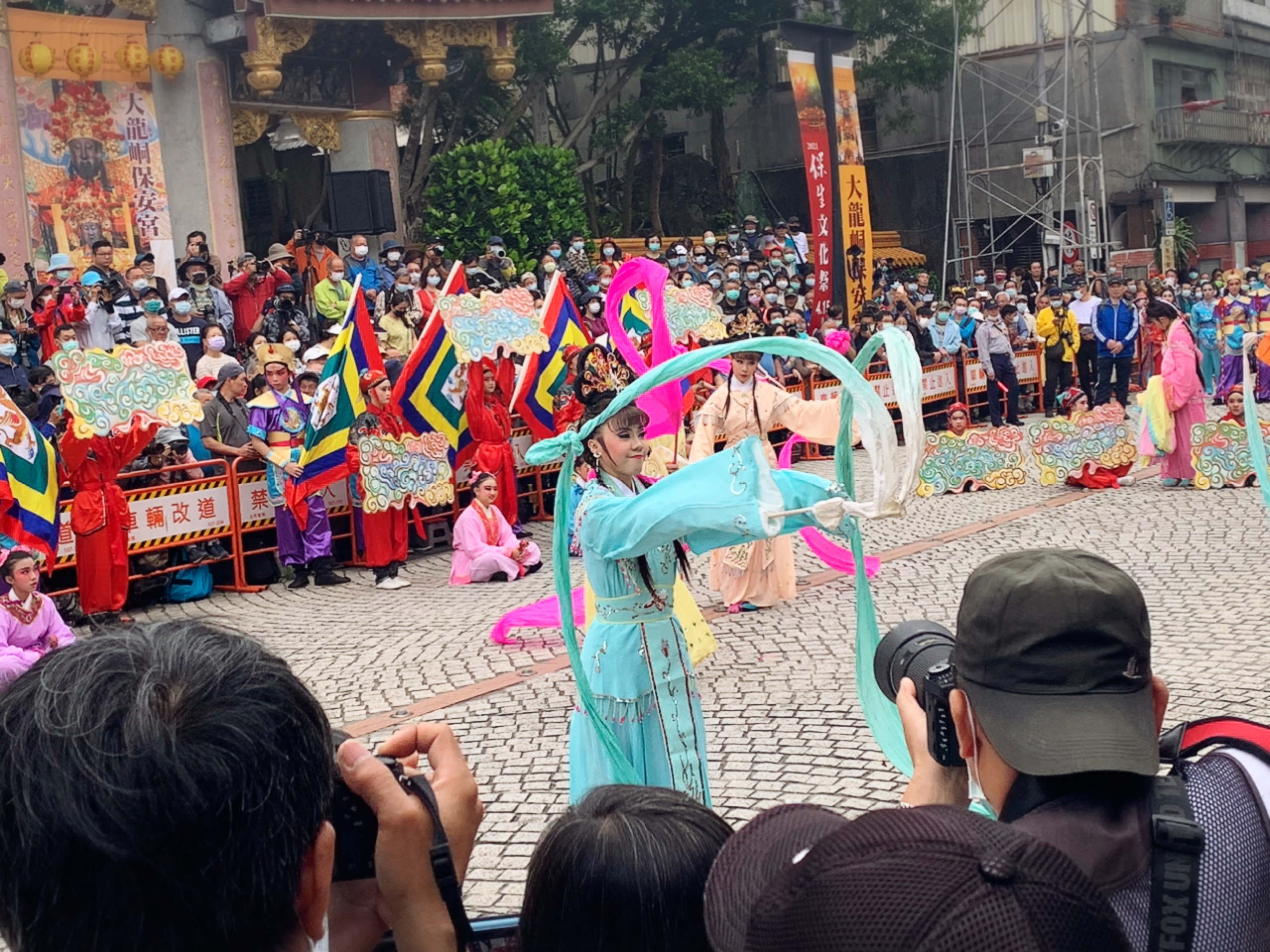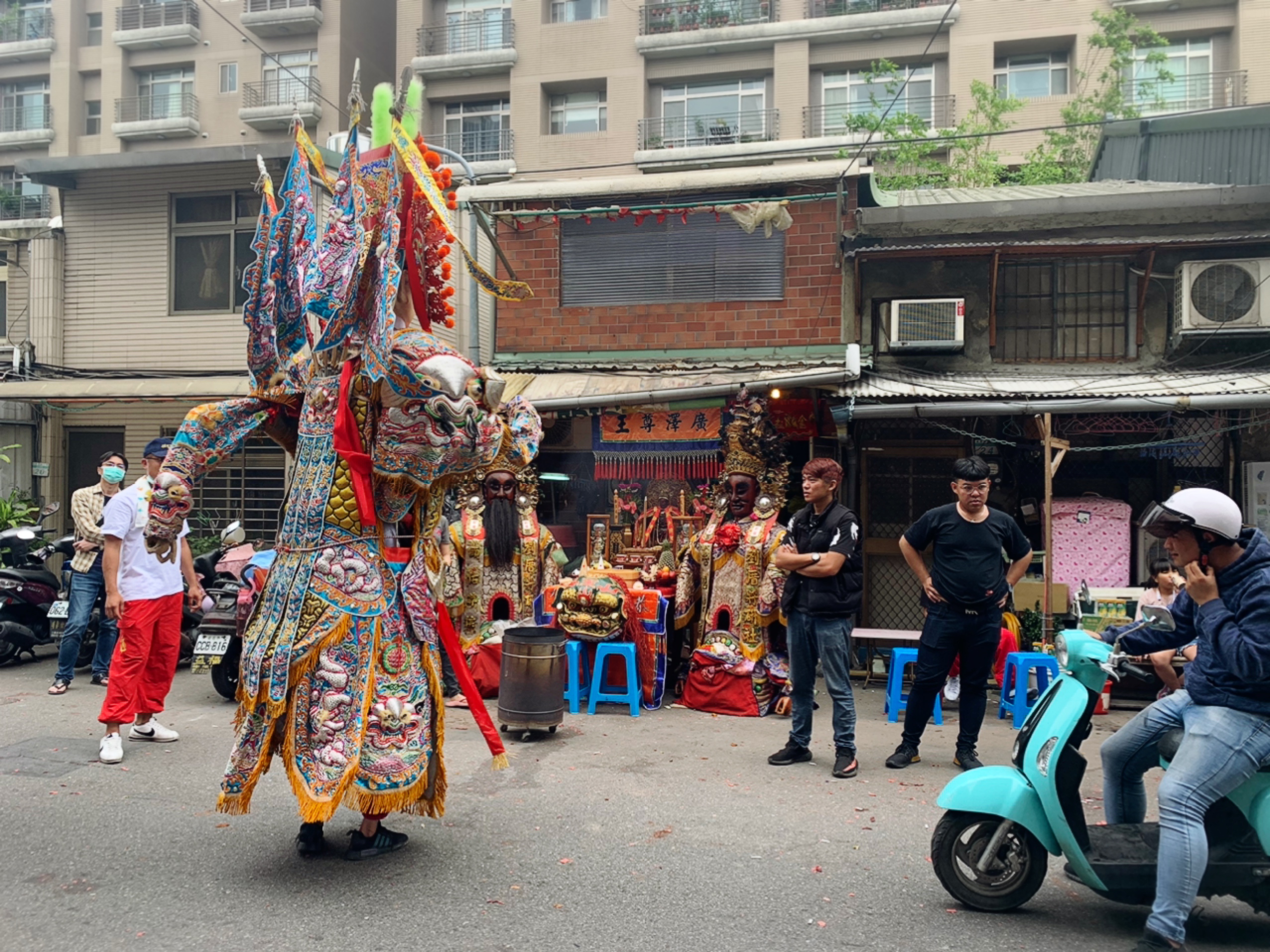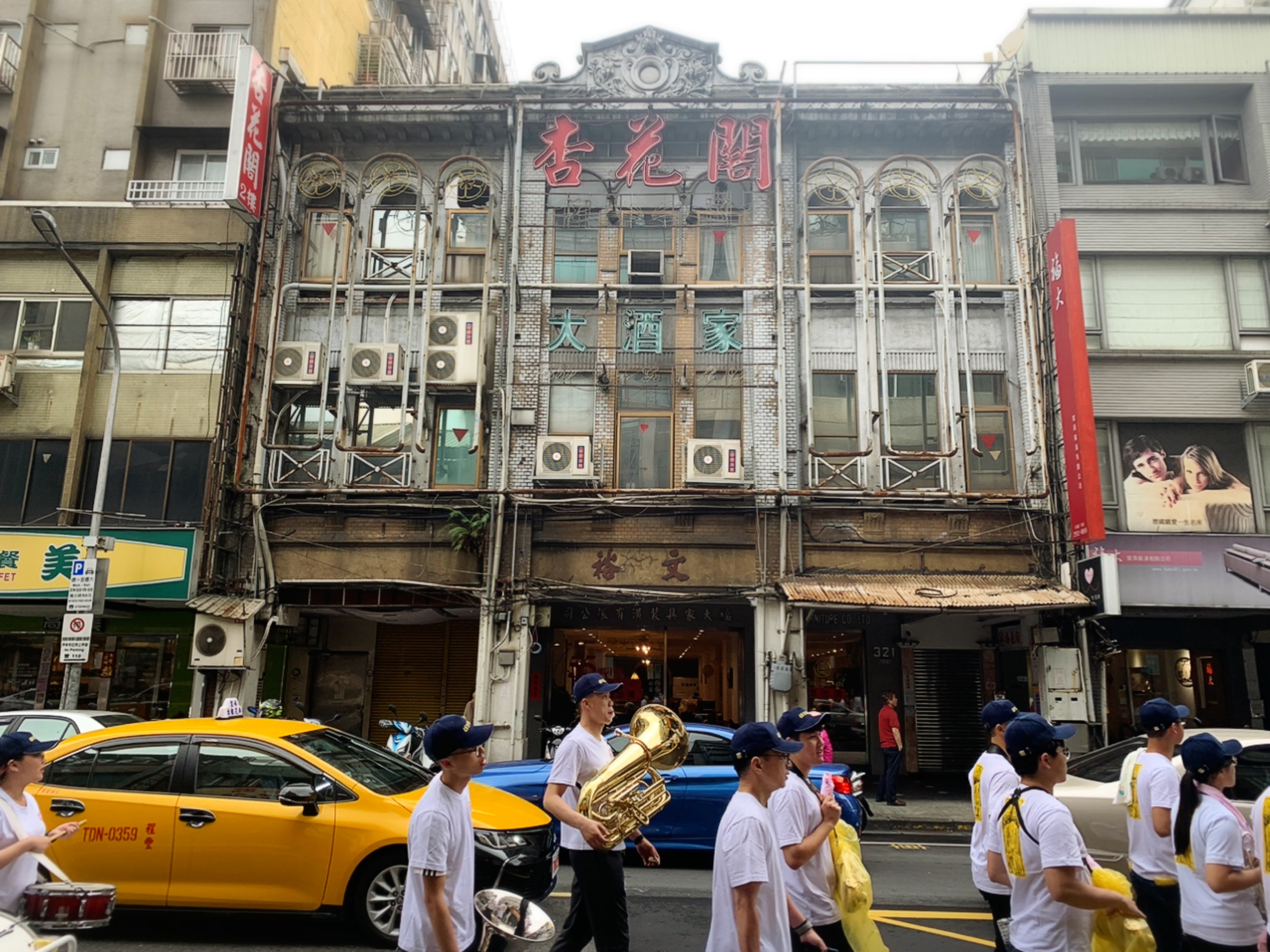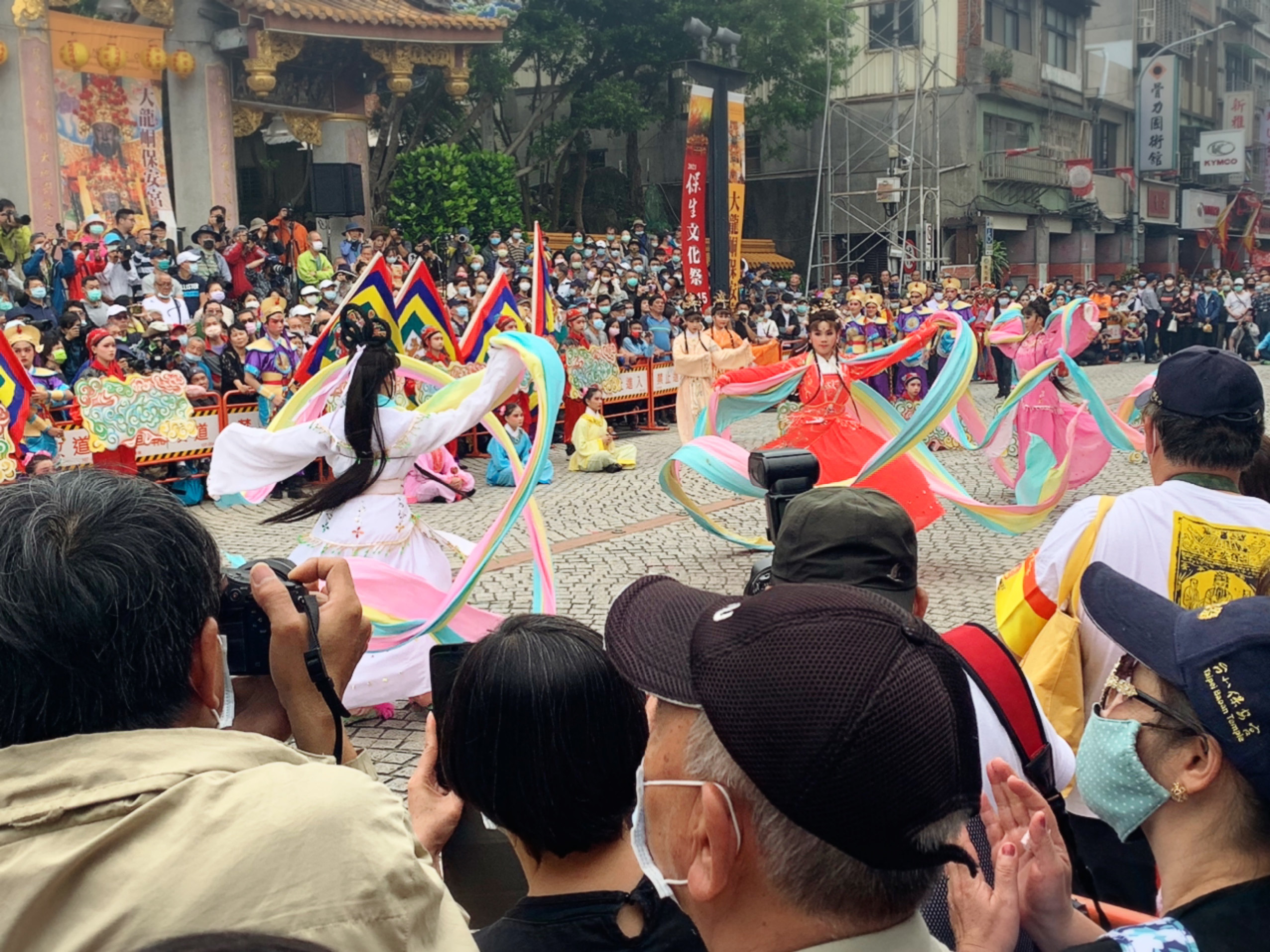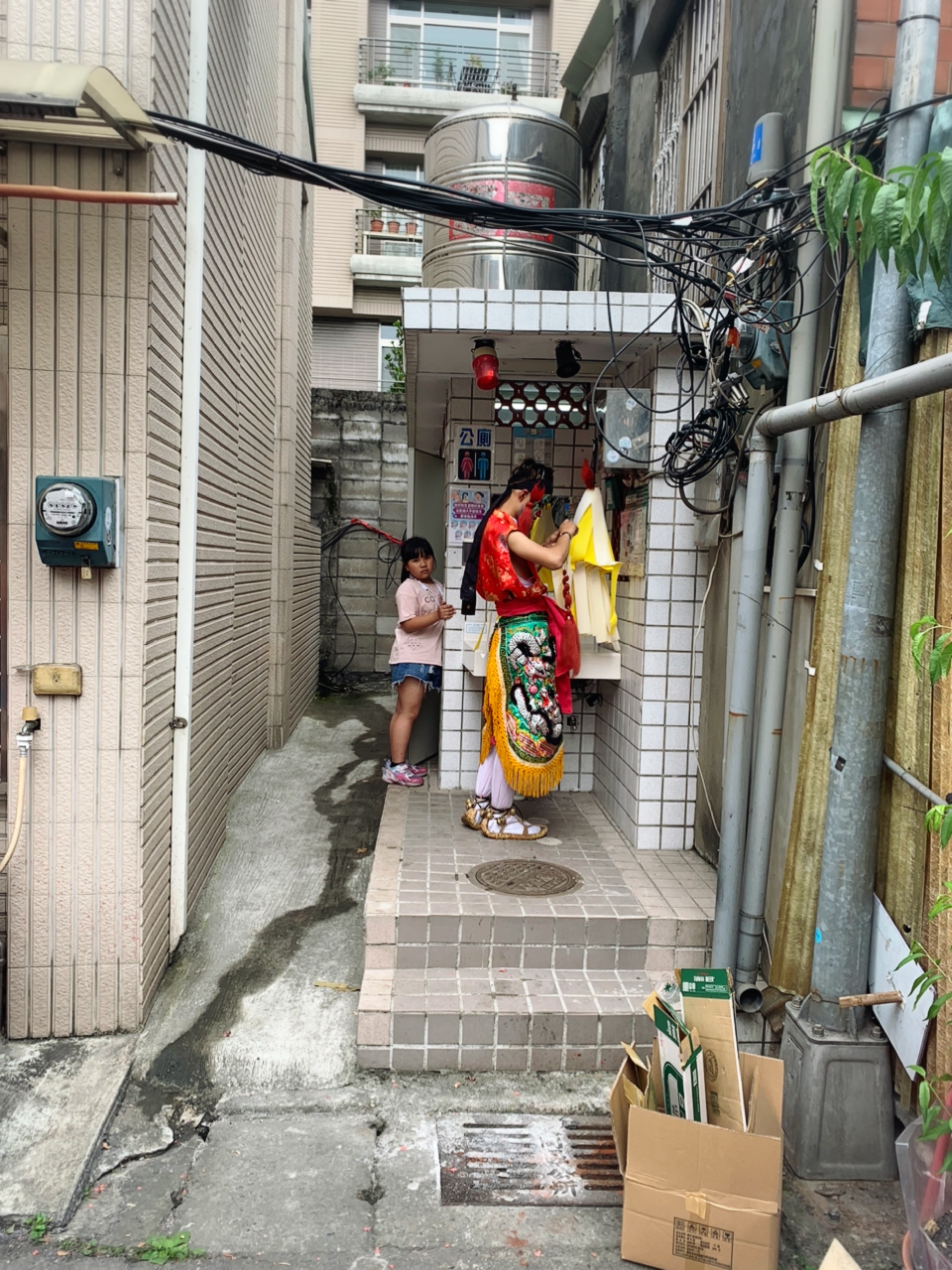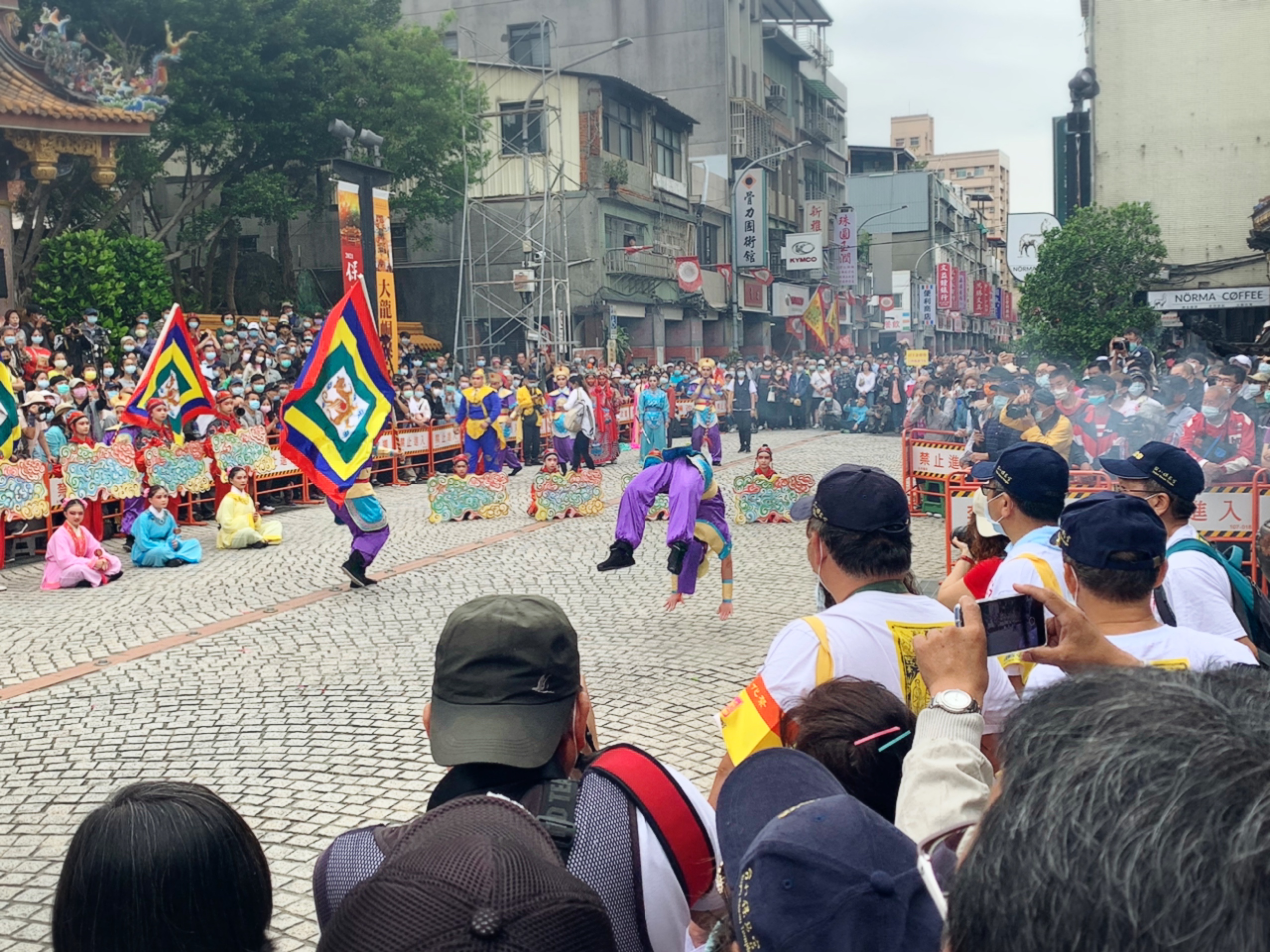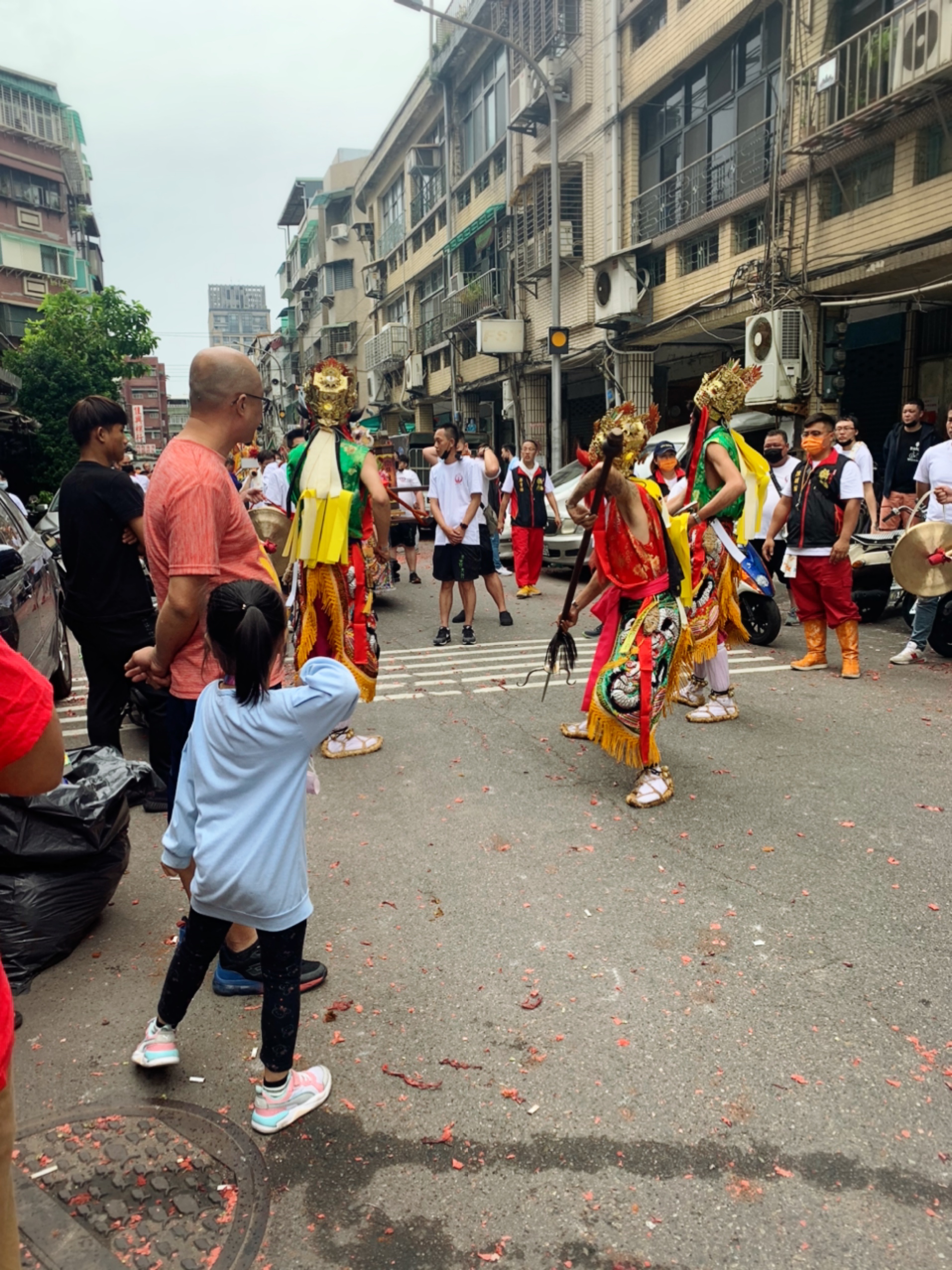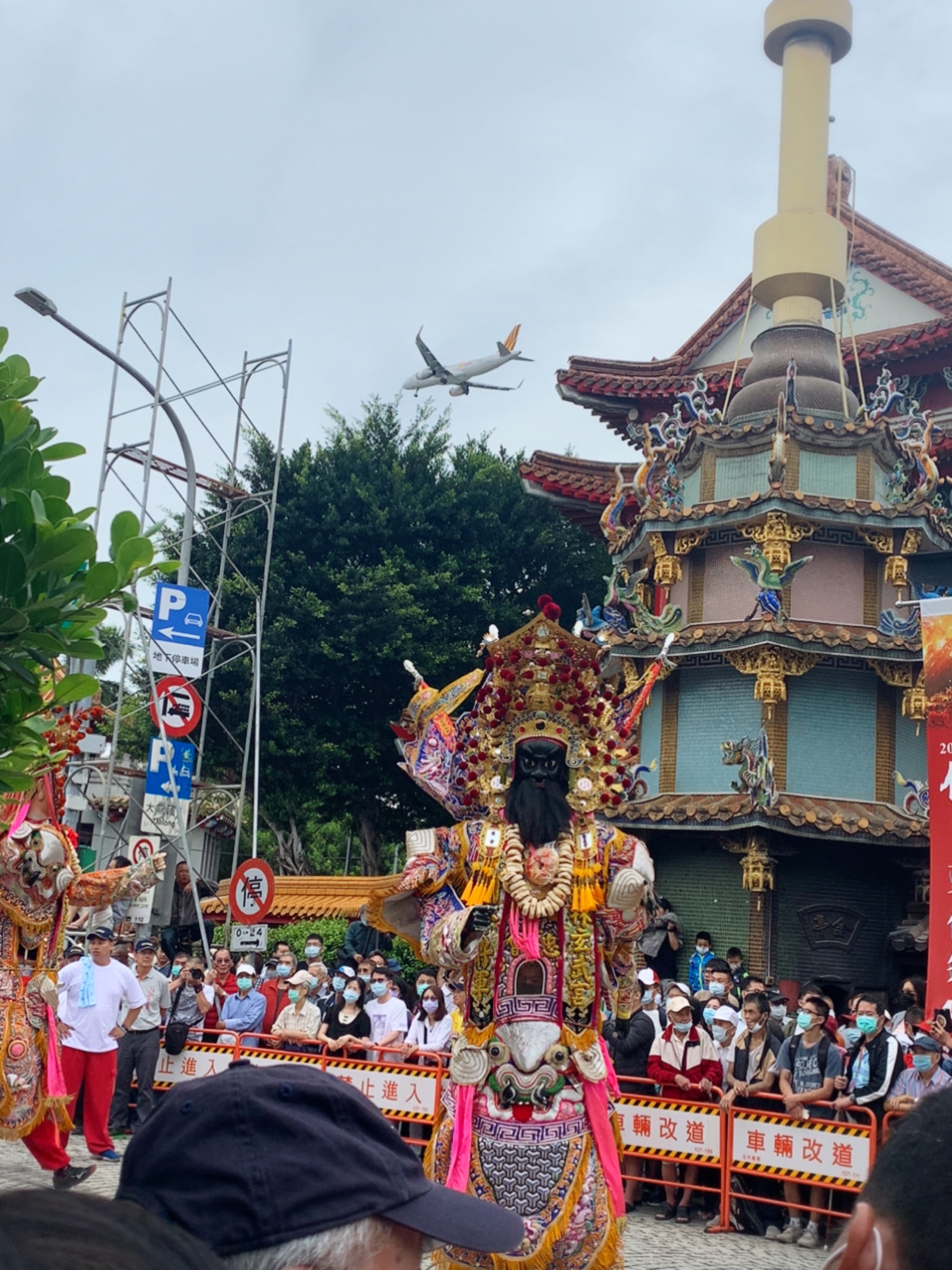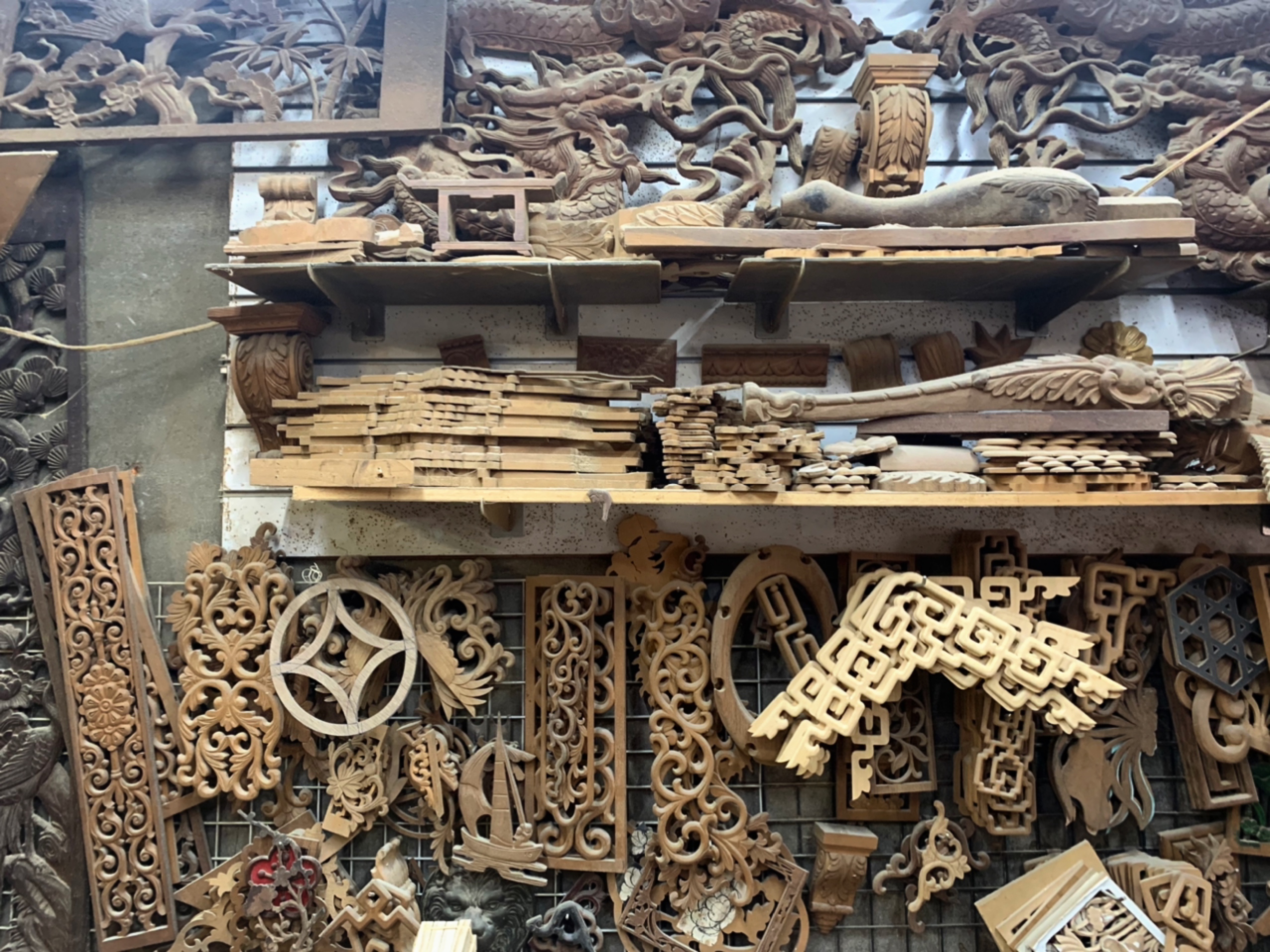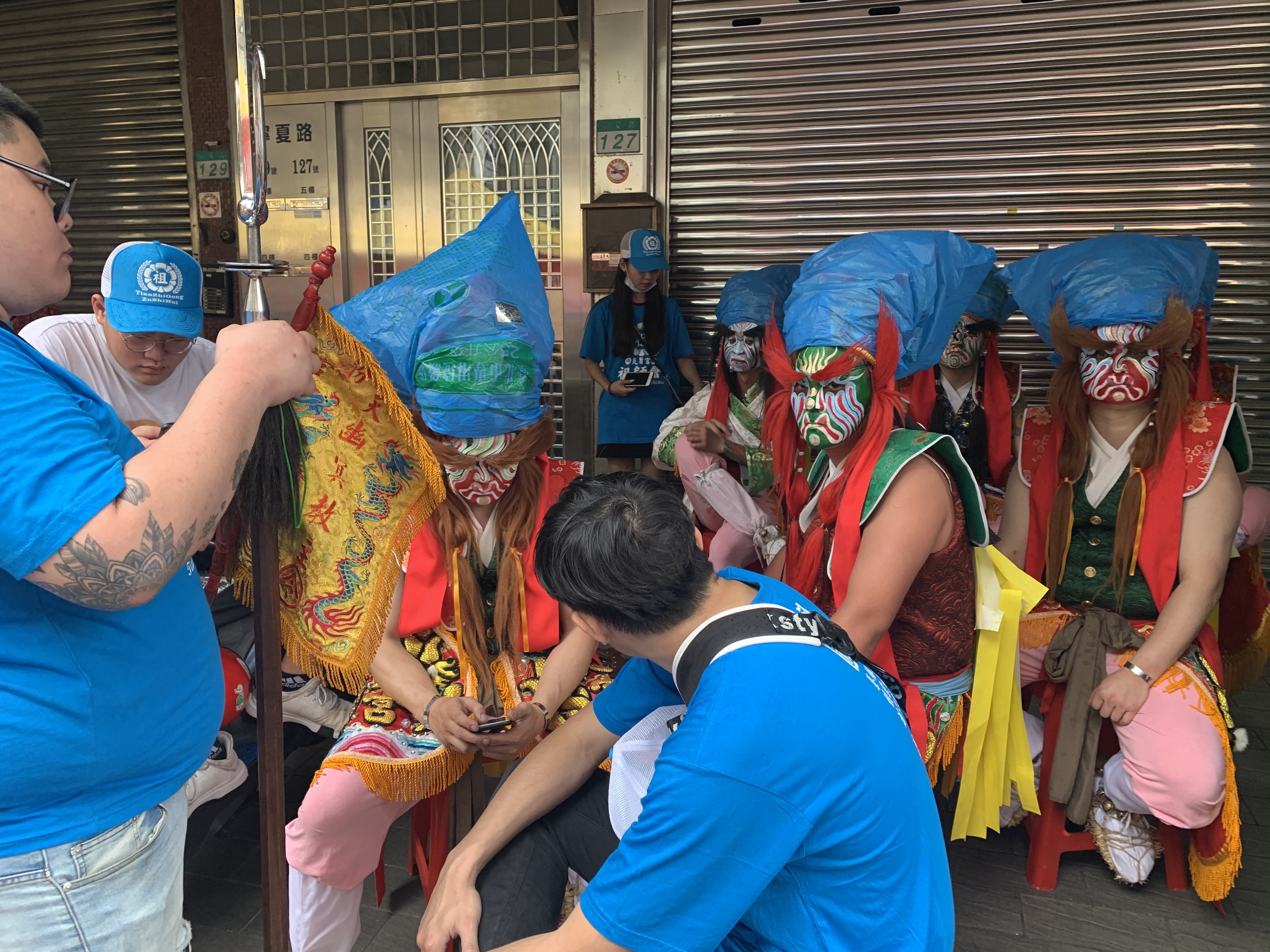
It sure looks traditional but they've also got bags on their heads.
Happy Teachers' Day! I happen to be off today for reasons completely unrelated to the holiday. So I wanted to circle back to a topic I've hit on before, but bears repeating for emphasis:
There's a cliche popular in Taiwan that Taiwanese education is "Confucian" or based on the philosophy of Confucianism.
This is used as praise where it succeeds: high standards, high societal respect for education, universal secondary school and near-universal tertiary education, educating some of the world's best engineers, inventors and medical researchers. It's also used as a criticism for the system's failures: an over-emphasis on testing and lack of critical thinking or creativity, uninspiring lecture-style teaching, slavish devotion to scores, sticking students in classrooms for hours longer each day than their Western counterparts, sometimes seven days a week, a dearth of chances to simply ask questions.
It is, however, false. It's straight-up historically inaccurate. In addition to having little historical basis, "Confucianism" as the fundamental belief behind Taiwanese education doesn't even accurately describe the system that exists.
So why does this myth persist? Partly because it's been around so long, and educators themselves like to trot it out. It's made its way into writing about Taiwanese education, which then gets cited as historical and sociological fact, and repeated yet again. For years it was an easy way for the old KMT dictatorship to obscure what they were really doing with education in Taiwan: turning it into a system to churn out competent workers who didn't ask too many questions, and as a locus of Sinocentric indoctrination. Even they knew that sounded bad, but "Confucian" sounds good -- wholesome, traditional, local, back-to-basics.
By repeating it, you're only helping that myth persist.
What are the roots of Taiwanese education, then? Mostly, they're Japanese.
Under the Qing, there was no centralized or universal education system in Taiwan. The wealthy sent their sons to Confucian academies; some of the buildings these were housed in still exist, but the schools themselves have been gone for over a century. Girls were either educated at home, if the family was wealthy and inclined to think it was "worth" educating them, or not at all. These young, rich men formed a base of Taiwanese literati, but there weren't very many of them. The Qing themselves did nothing at all to develop education (or much of anything) in Taiwan.
How do we know this? Because at its worst, "Confucian education" is reduced to memorization and regurgitation in order to pass imperial civil service exams. And how many Taiwanese actually took these exams in the Qing era? According to Manthorpe (Forbidden Nation), in all those centuries the total was 251. Of those, only 11 made it to the third-level examination in Beijing. Of those, only one or two -- I'm not exactly sure, but fewer than 5 -- ever qualified to become a Qing official. No Taiwanese ever served as Qing officials in Taiwan.
In Chou and Ching's Taiwan Education at the Crossroad, a historical overview of education in Taiwan completely skips the Qing era. It simply was not emphasized at that time.
That's not to say that Confucian education has to be bad. At its best, it does in fact prioritize questioning, the teacher-student learning relationship, and application. As I've said before, while I won't defend Koxinga as a person, he was a very good military tactician: this was not because he'd memorized and regurgitated the classics. It was because he was able to apply the teachings of the classics to real-world military situations.
If you're thinking hmm, okay, but that doesn't sound like Taiwanese education, you're correct. Because Taiwanese education is not particularly Confucian.
To what extent Confucian education existed in Taiwan a century or two ago, it was only for a very few wealthy boys. Of course, that changed -- what did Japan do differently?
Taiwanese education under the Japanese was based on Meiji-era education in Japan itself. Meiji education in Japan was conceived as bell-shaped: basic literacy and numeracy for the masses, perhaps some secondary education or further vocational training for emerging middle classes, and high-level education for the elites. This was based both on Western and Japanese notions of universal education: roughly put, some level of universality from the former, study of classics and moral codes from the latter.
This isn't a perfect way of putting it, of course: in the 19th century not all Western societies had embarked on projects of universal education -- it might be said that Japan beat them to it. Now, the West tends to look at universal education as a foundation of liberal democracy, but it seems more likely that leaders in these societies felt that a better-educated population would increase the supply of competent labor, leading to greater economic prosperity (and thus more money for the elites who employed them). The connection to Western thought in Meiji education, however, is quite direct, and well-documented.
This was the system that the Japanese colonial authorities slowly imported to Taiwan.
It is true that traditional Japanese notions of education, including the more scholarly pursuits of the samurai class, did influence the system as well. The moral codes embedded within these do have connections to Confucian thought. But to take that connection and say that Taiwanese education is therefore Confucian is like saying the Taiwanese language is influenced by English because the word for truck is turaku -- which came from the Japanese adoption of the English word "truck". Technically correct, but a rather long chain of connections to base a belief on.
This isn't what most people mean when they say "Taiwanese education is Confucian", though. What they're usually trying to imply is that Taiwanese society is inherently culturally and historically Chinese, and therefore the foundational orientation of education is, too. They're (often unintentionally) trying to push the historical narrative away from Japanese influence and toward Chinese. This is also exactly what the KMT sought to do when Taiwan was in its jaws.
Japanese education in Taiwan started out by enrolling elites, with very few schools opening in the early years. Then it rolled out to universal elementary education. Junior high school followed. By the early 20th century, girls' schools had opened, and some young Taiwanese women from wealthy families were going to Japan to study, or at least aspiring to it. Higher education gradually became available to a few elites, although it was difficult to gain entry as Taiwanese. In fact, many would-be teachers and doctors opted to study in Japan instead, as admission requirements were easier and such study would certainly lead to good jobs back in Taiwan.
The goal of this system was, again, to give everyone a nominal education in order to produce good workers for the empire. It most certainly was not to teach them to inquire, think critically, question their place or consider themselves equal to their Japanese leaders, though some members of the elite did indeed gain a more critical political consciousness.
Because Taiwanese were not Japanese and most had no emotional attachment to Japan, another goal was included: a civic education intended to acculturate Taiwanese into Japanese norms and instill (blind) patriotism for the Japanese empire. In other words, political and cultural indoctrination.
It did employ some of the morality of Confucianism, however, this was intentionally divorced from any sort of Chinese cultural context, and only encouraged where it served the Japanese rulers. That is, it was implemented for political reasons only. From Tsurumi's Japanese Colonial Education in Taiwan:
But because Chinese classical studies had been associated with Taiwan's past under Chinese rule, many Japanese regarded them with suspicion. Great care was taken to lift Confucian morality from its historical context. Where the classical tradition urged loyalty and obedience to one's superiors it was to be strengthened; where it encouraged identification with China it was to be forbidden. Confucian principles, colonial educators thought, could be taught through all-important Japanese language studies, which would emphasize loyalty to Japan as they improved communication between ruled and ruler....(p. 12)
Loyalty, filial piety, obedience to legitimate authority -- all found within the Chinese Confucian tradition -- were emphasized with this end [keeping rural Taiwanese in the same occupations as their parents] in view. At the same time, great efforts were made to instill a very non-Confucian idea in Taiwanese schoolchildren. This was that manual labor was a dignified and honorable pastime for a scholar as well as for anyone else. Again and again, educational authorities urged teachers to show that the man who worked with his head also worked with his hands. Children were taught to clean and tidy their schoolrooms and work in their school vegetable patches. (p. 214)
This did not change meaningfully when the KMT took over Taiwan.
In fact, where Japanese rule had improved Taiwan, the new government simply kept what was working. In some cases, they retained the Japanese -- often engineers -- who had worked on these projects for some time, until they had the expertise to run these systems themselves. All they really did was re-brand and take over.
With education, this worked by keeping the fundamental system in place, but re-orienting the national education/taught patriotism towards Chinese culture rather than Japanese. The language switched to Mandarin, and lectures on the importance of loving one's country now focused on the Republic of China's vision of China, complete with Sun Yat-sen's philosophies and chanting slogans while raising the new national flag.
As far as I can tell, no re-introduction of Confucianism took place, and certainly Confucian styles of education did not replace the system that was already there. Why would it? What they had already suited their purposes, just as it had the Japanese: just enough education to create good workers who wouldn't ask questions, with a hefty dose of authoritarian indoctrination. All they really needed to do was teach obedience to legitimate authority, and then lecture endlessly about how and why their own authority was legitimate.
The only thing that had changed was the colonizer doing it.
There were some relevant shifts. One might charitably say that the old Confucian morality that the Japanese used to their own ends was re-attached to its cultural context. I take a more critical view, however: the KMT simply took the Confucian morals that the Japanese had worked so hard to engineer for their own purposes, and simply applied them to KMT dogma instead. Because the KMT came from China, they could claim that this morality was in fact Chinese culture, and such a claim would have a very surface-level plausibility. Even the punitive and traumatizing bevy of exams, both national exams and those given at the individual school level, could be said to be "Confucian", but as discussed above, this is Confucian thought only in its worst, most dogmatic, most base form.
As an example of how thin this veneer is: in Chou and Ching's Taiwan Education at the Crossroads, they mention Confucianism in Taiwanese education five times. Each time, they tie it back to "the mainland", although to their credit, they don't pretend the first several decades of the Republic of China on Taiwan wasn't authoritarian. However, at no point do they dive into exactly what is so "Confucian" about this system, or how the Japanese structure was tied in with "Confucianism" in the 20th century. They state it was the case, but provide little or no evidence.
It suits the government to continue to cite Confucianism in relation to Taiwanese education, and so there hasn't been much effort to change these stale narratives. It makes it easier for the bureaucrats currently in charge to either not enact change, or do it so achingly slowly that it seems to have little effect. It makes it easier to leave the traumatizing, soul-destroying testing system in place because of "culture" rather than actually do something about it -- which would be harder.
Some people in the Ministry of Education do have more progressive views. However, they face a deeply entrenched bureaucracy as well as critics who think an orientation towards education appropriate for a democracy (that is, one that teaches you to actually think) and learning about Taiwan is the same as the old KMT authoritarian indoctrination, even though they are not at all equivalent.
For the pan-blue camp, it makes it easier to put a soft-focus lens on history. "A system designed to quash independent thought, create good workers and legitimize authoritarian leadership" isn't a good look. "Confucian!" is much better branding. It plays into their bottom line: that Taiwanese culture is Chinese, and diverts attention away from their 20th century dictatorial brutality in Taiwan.
For teachers, it makes it easier to square the cognitive dissonance of how they were trained -- through fairly modern methods that do help them understand the ideals of education -- with how they must teach in a system that badly needs reform. "We know this doesn't work but it's very difficult to change, and we have little power to do so" is depressing. "Well, Taiwanese education is Confucian and therefore it's traditional" is a little easier to live with.
That does not, however, mean it is accurate.










